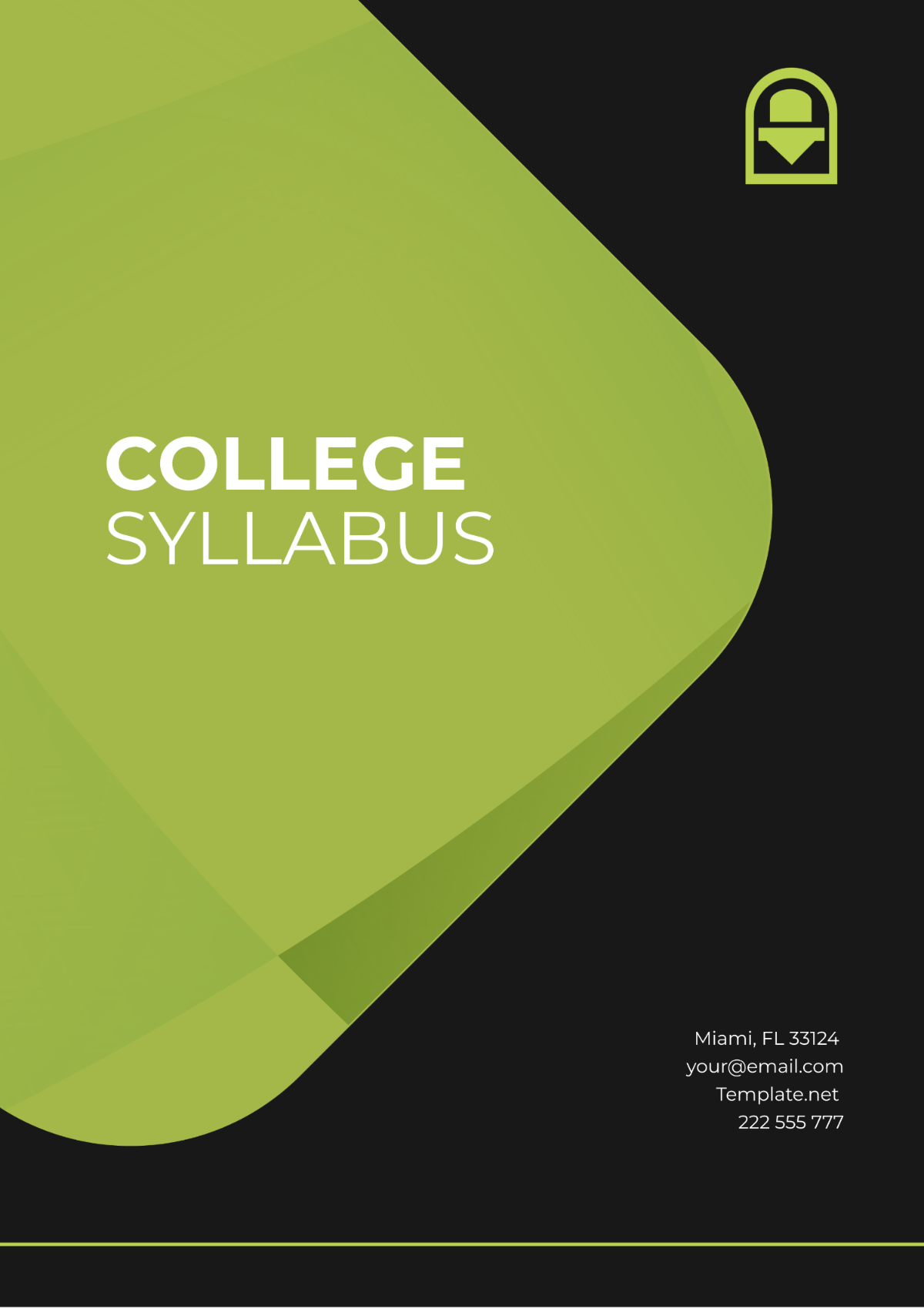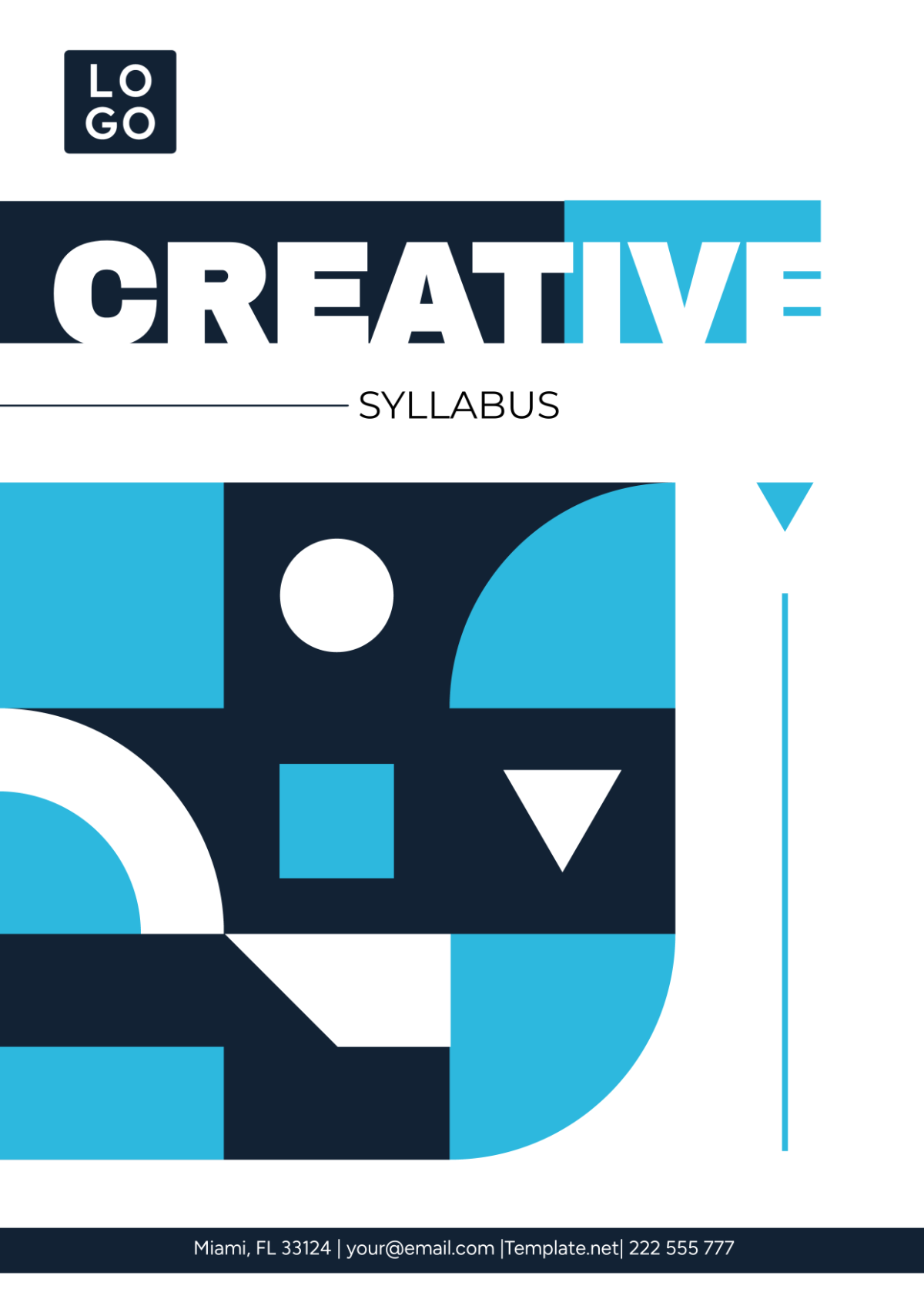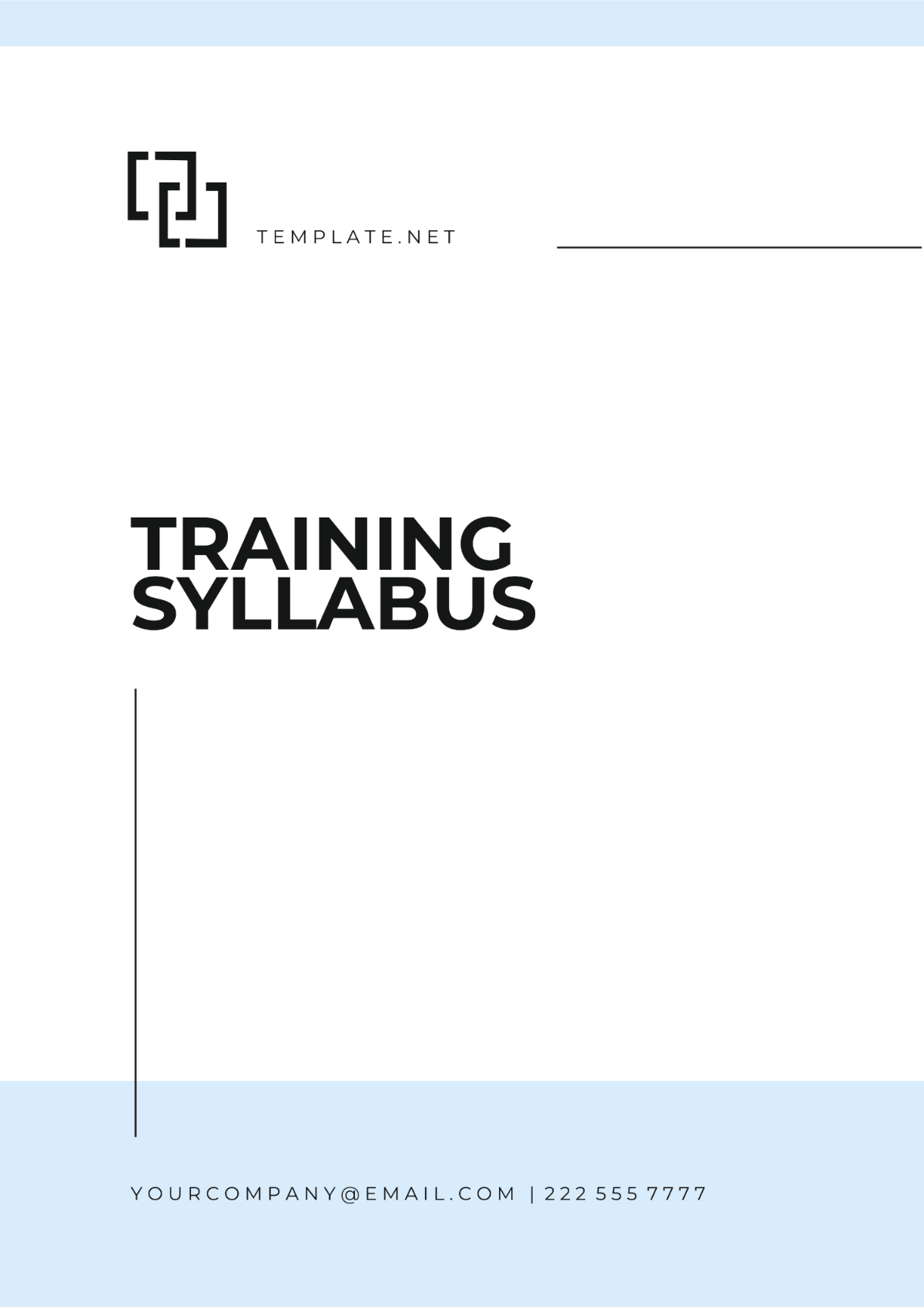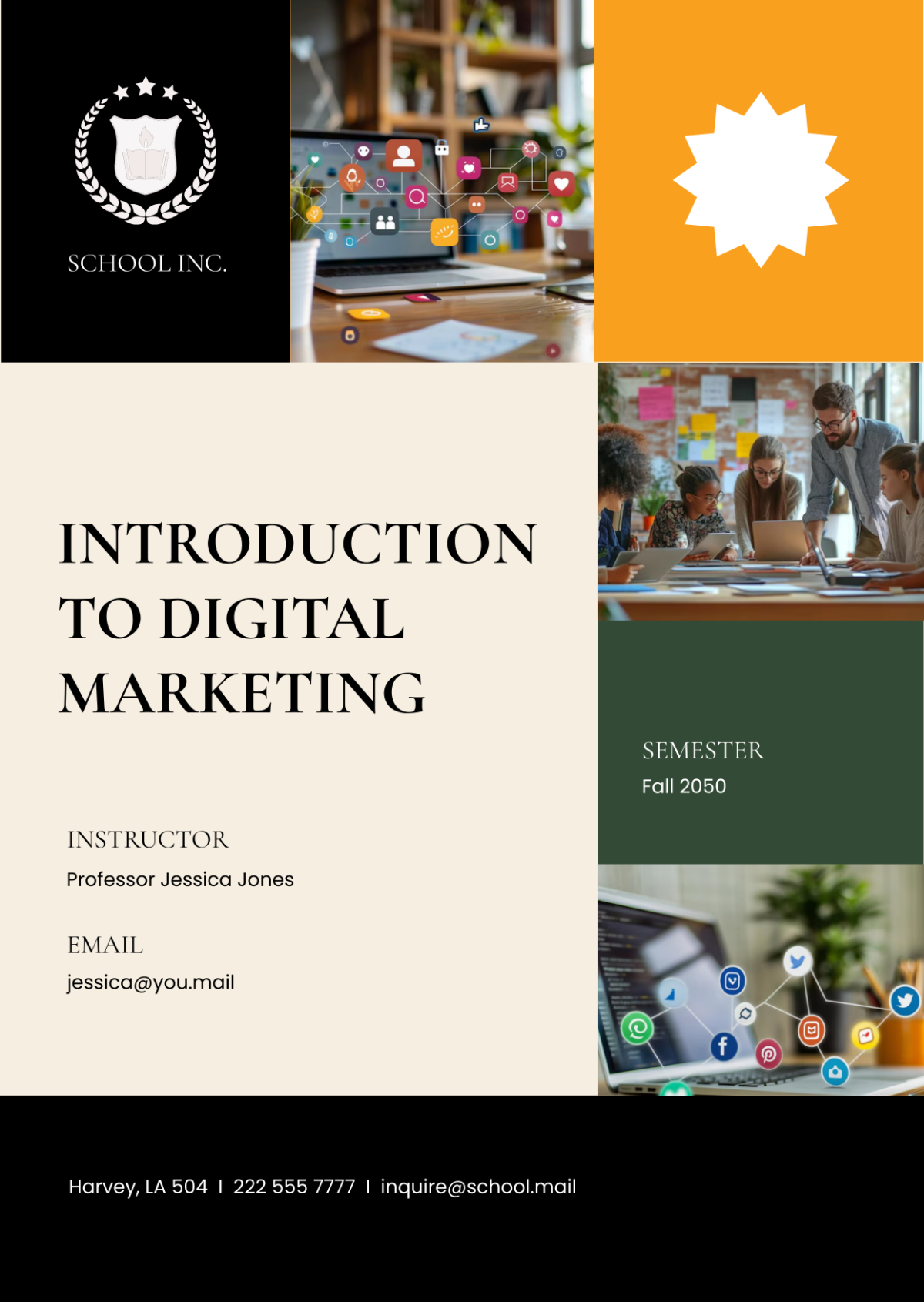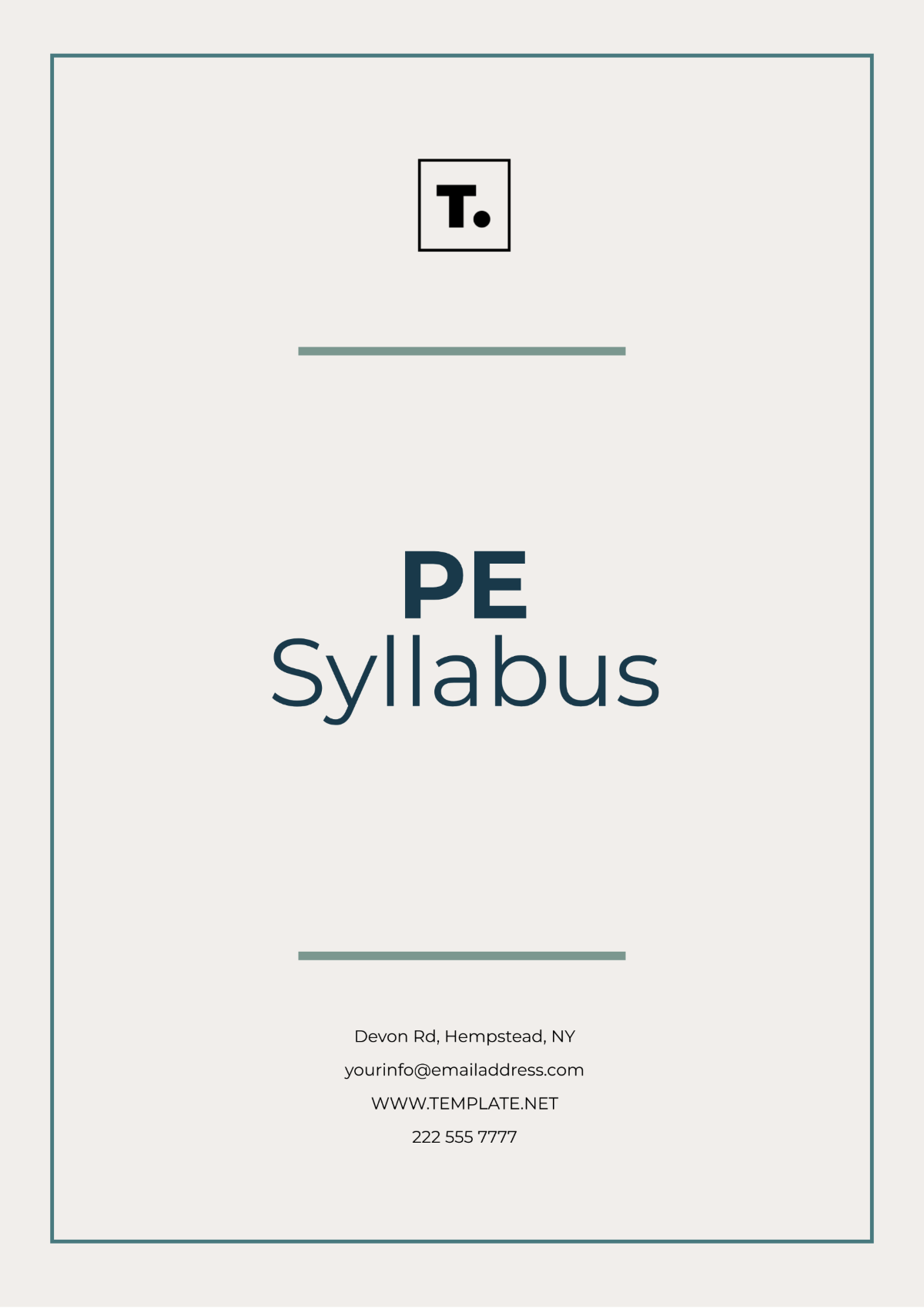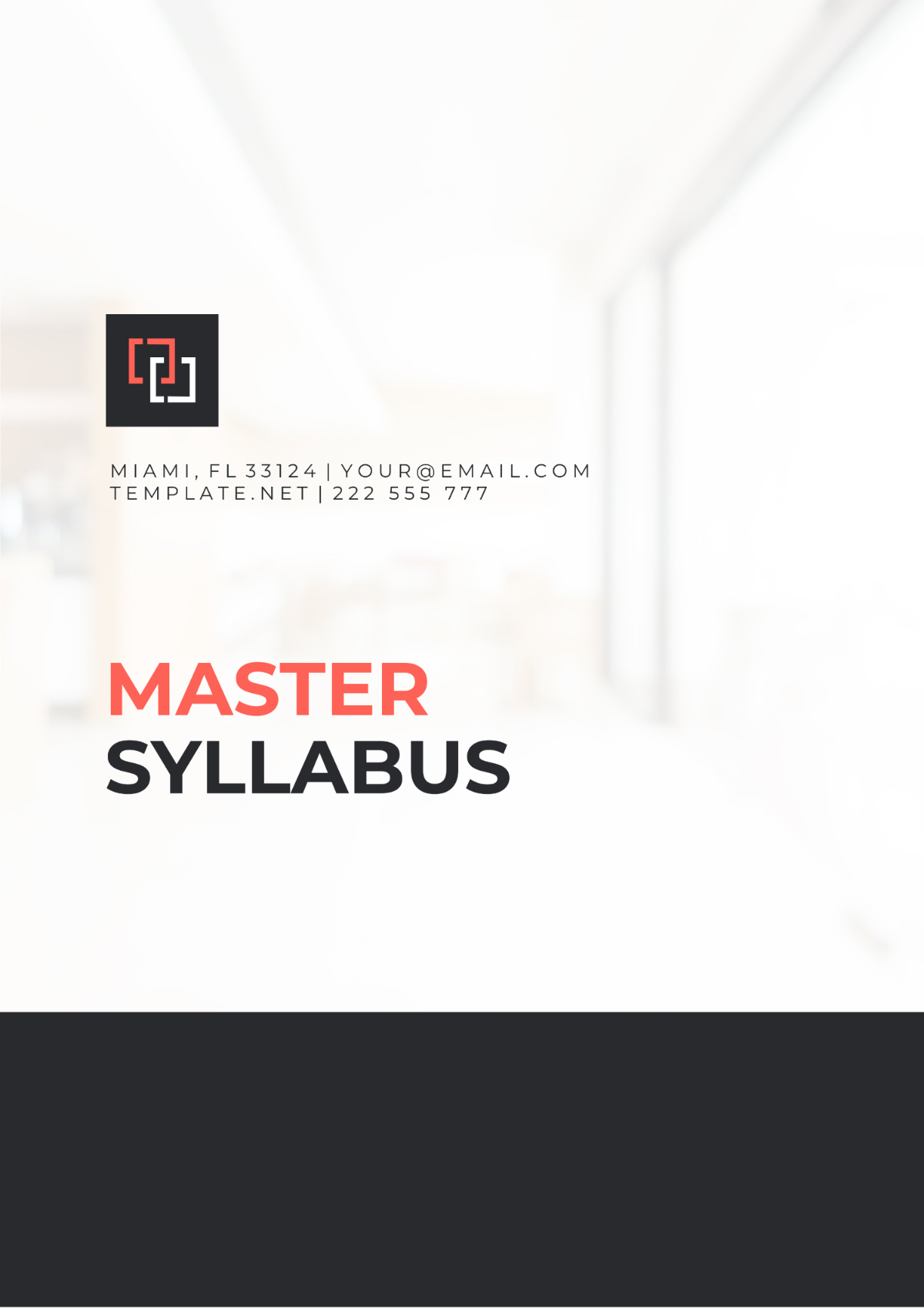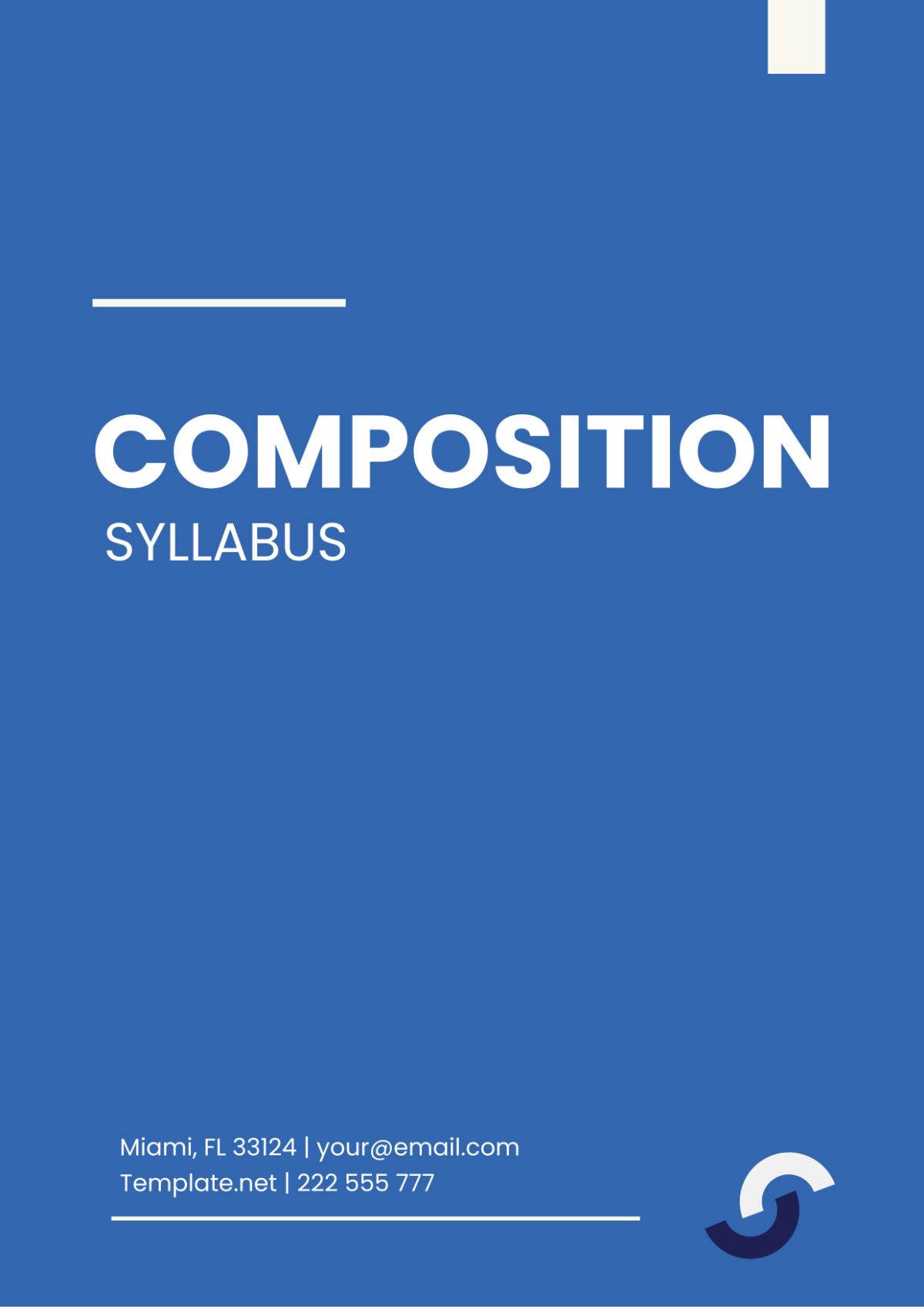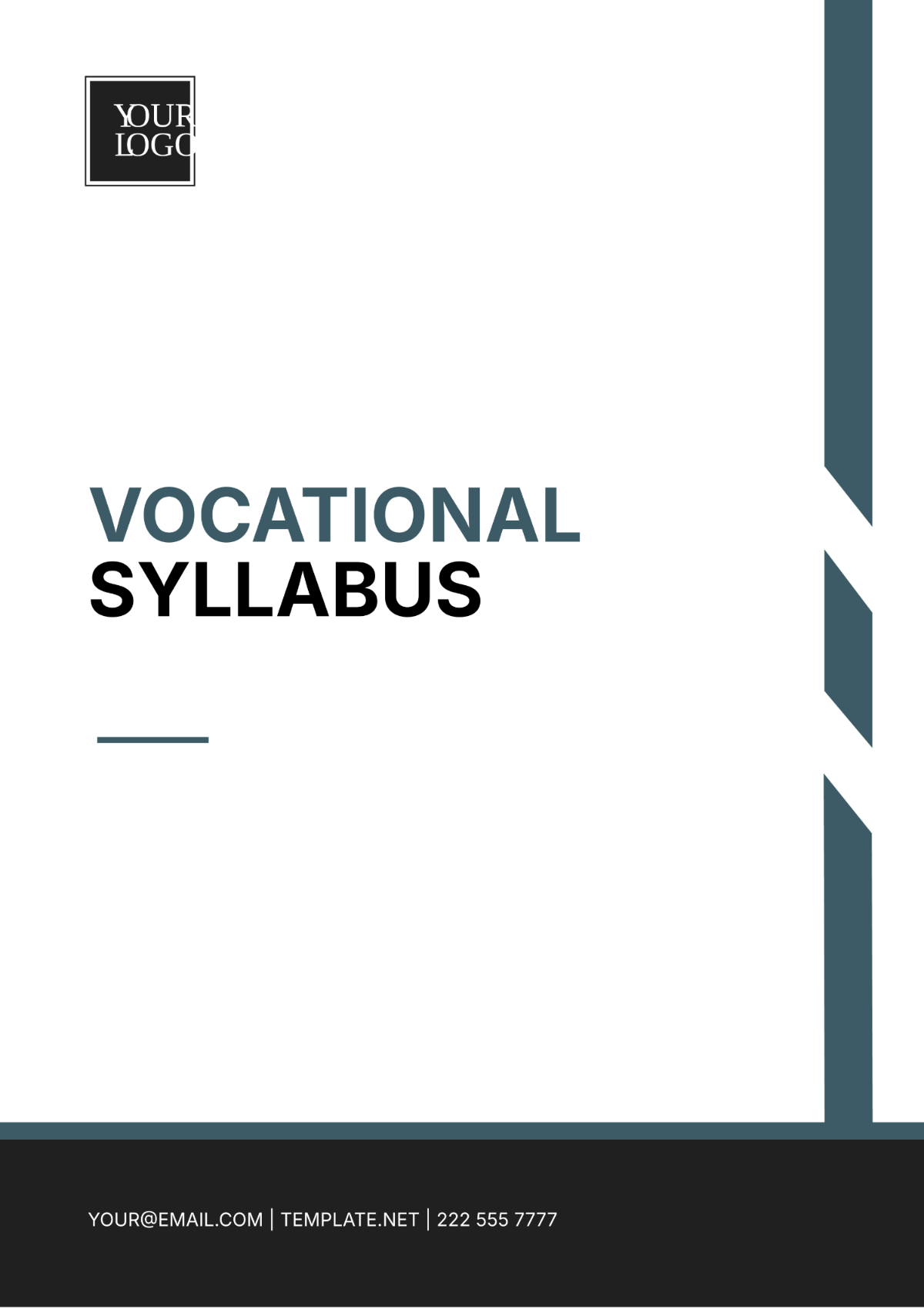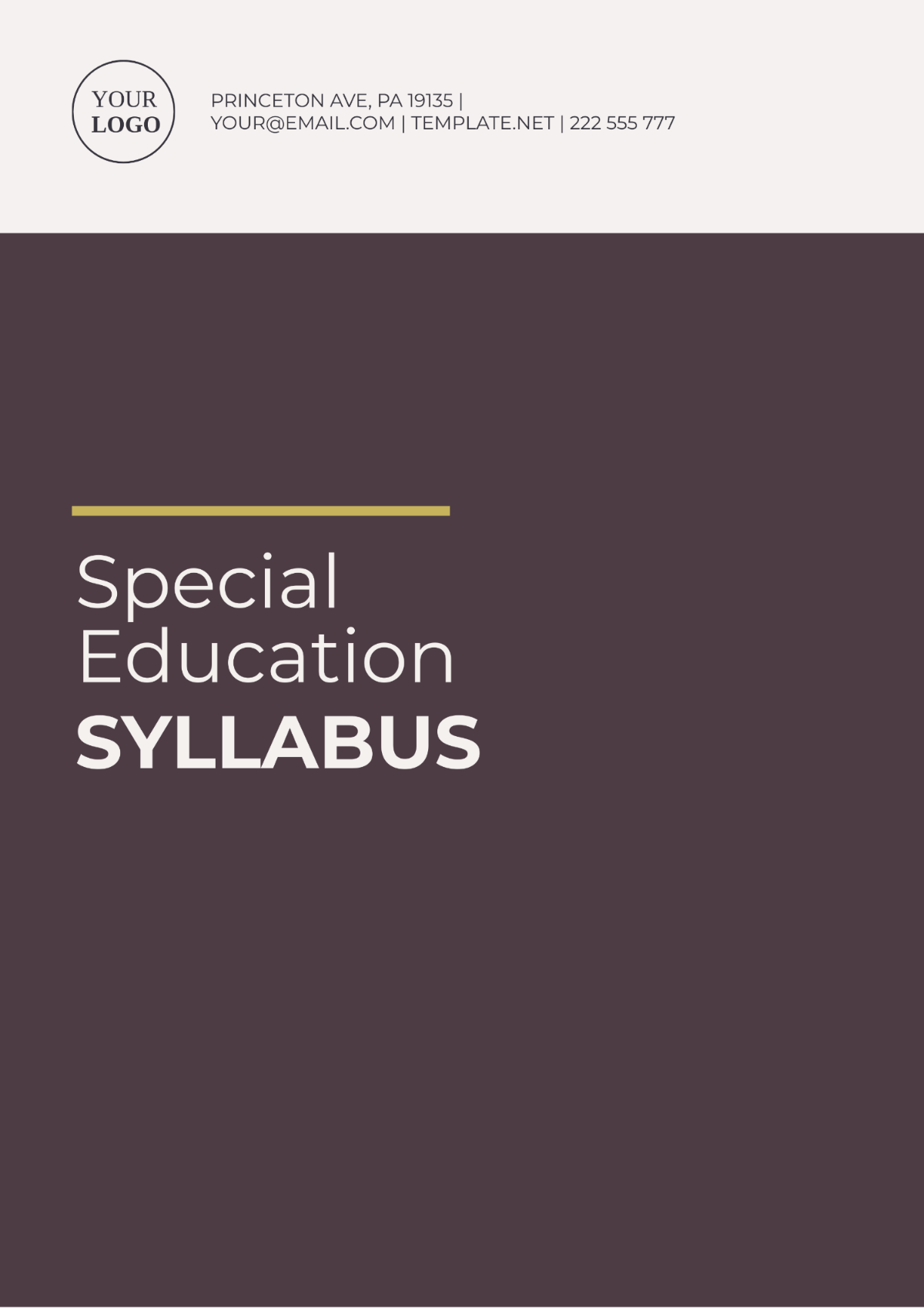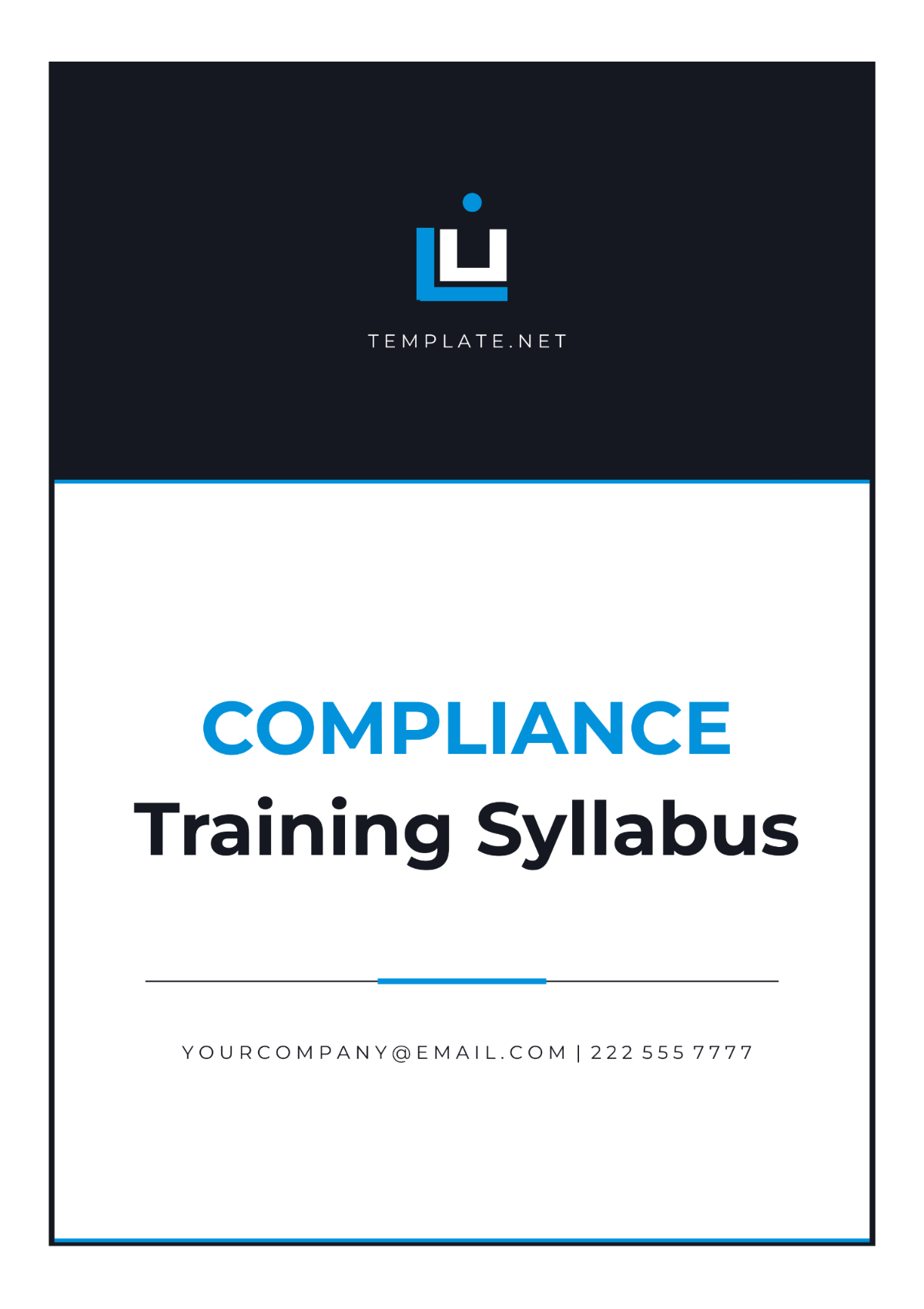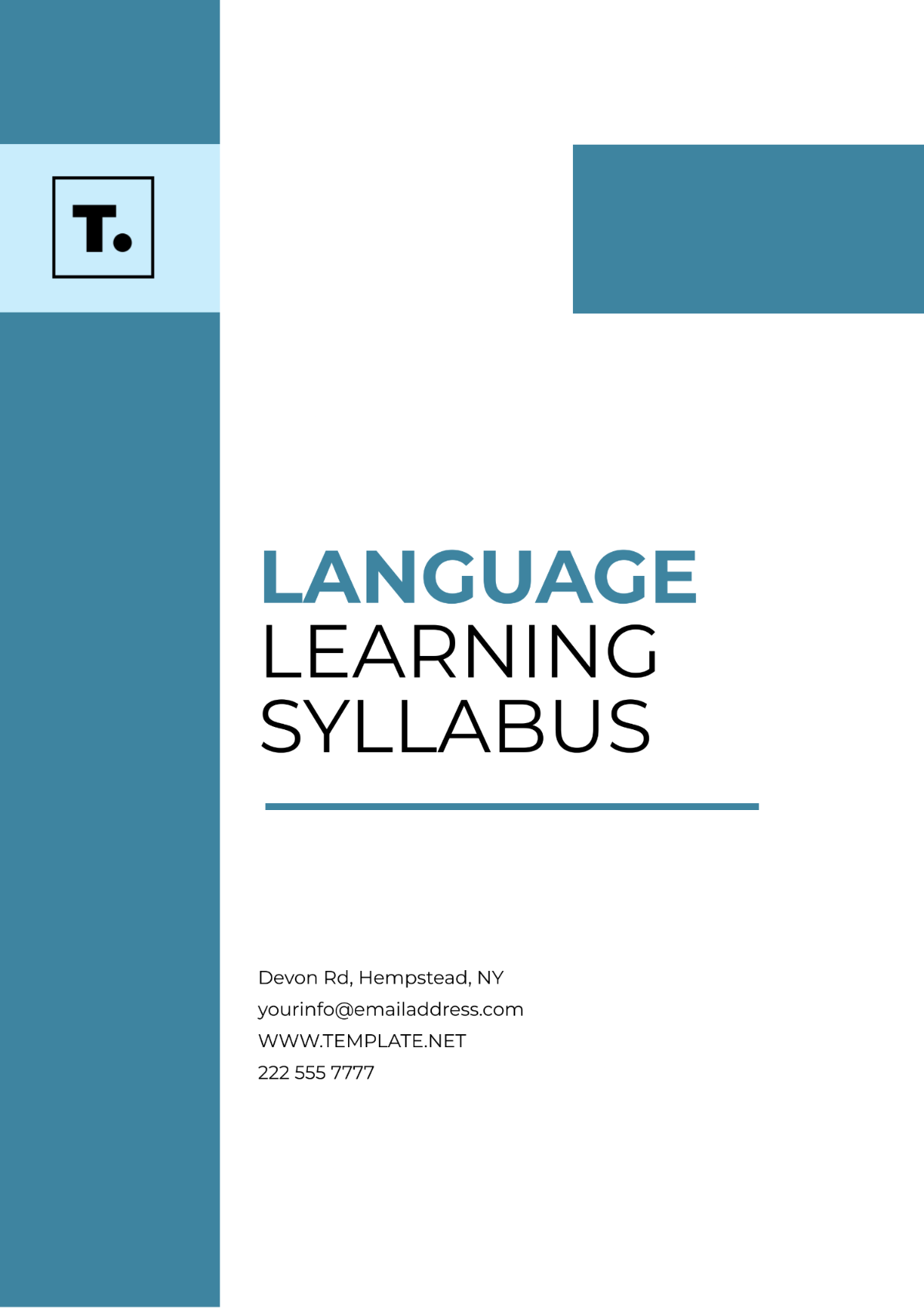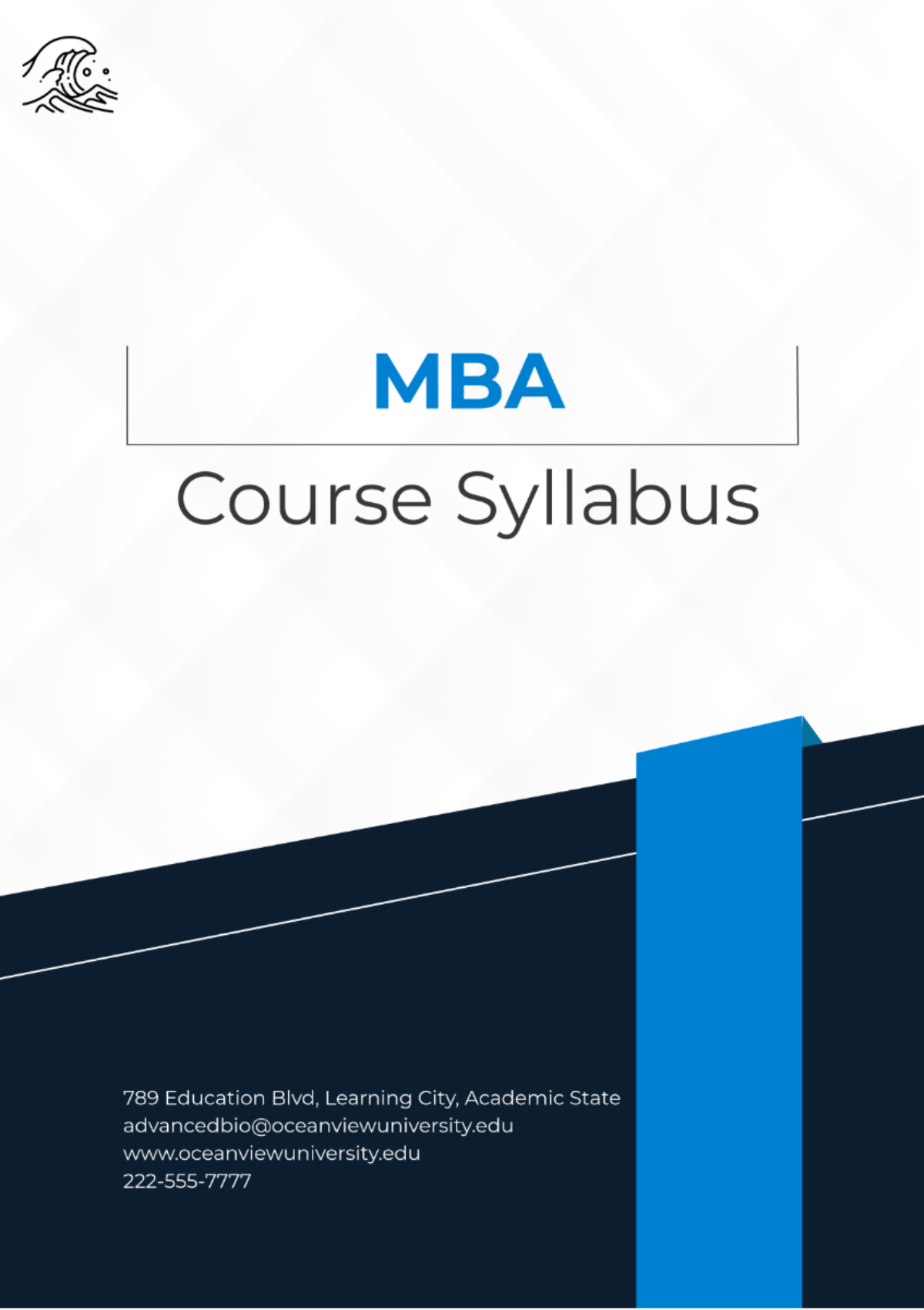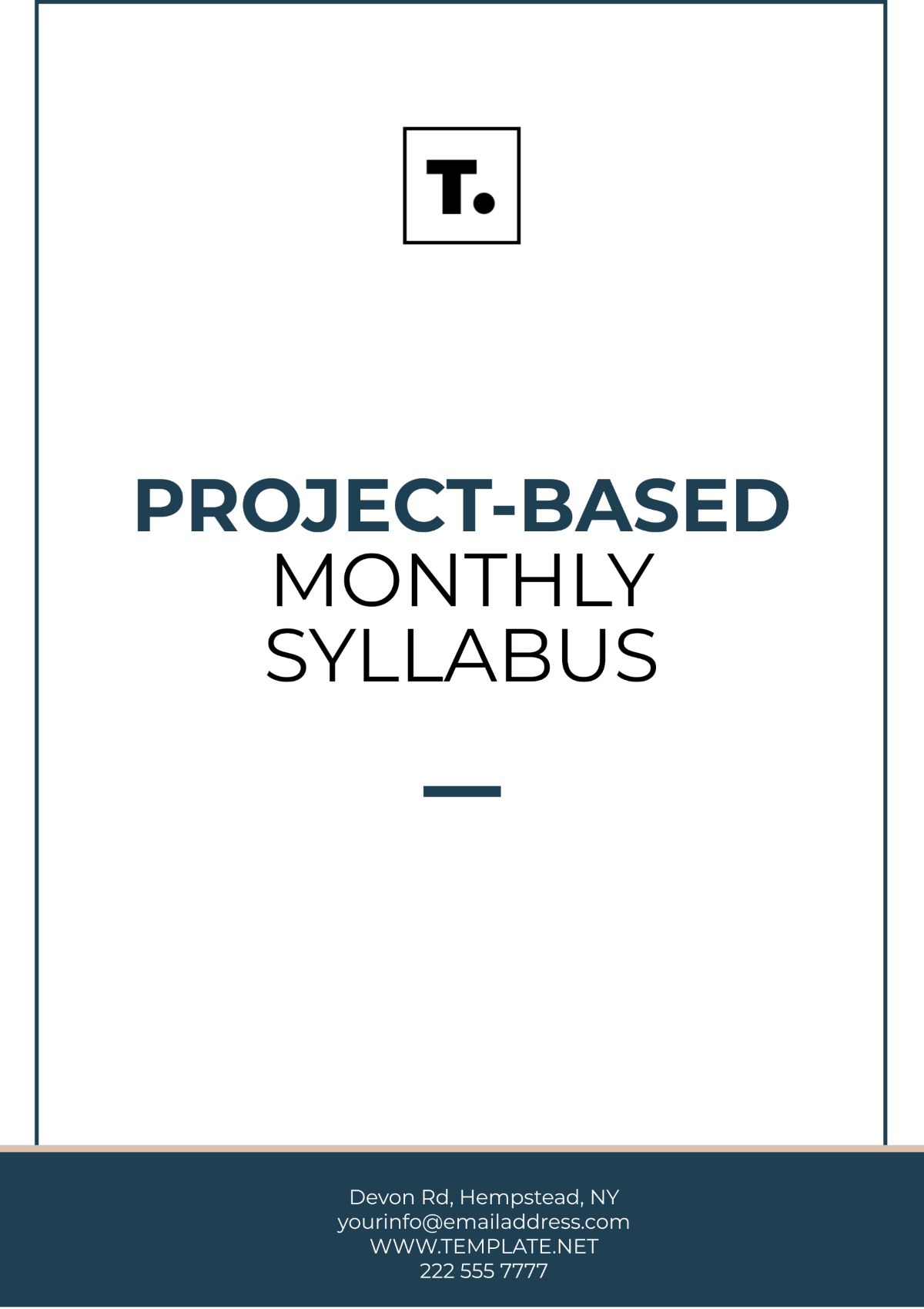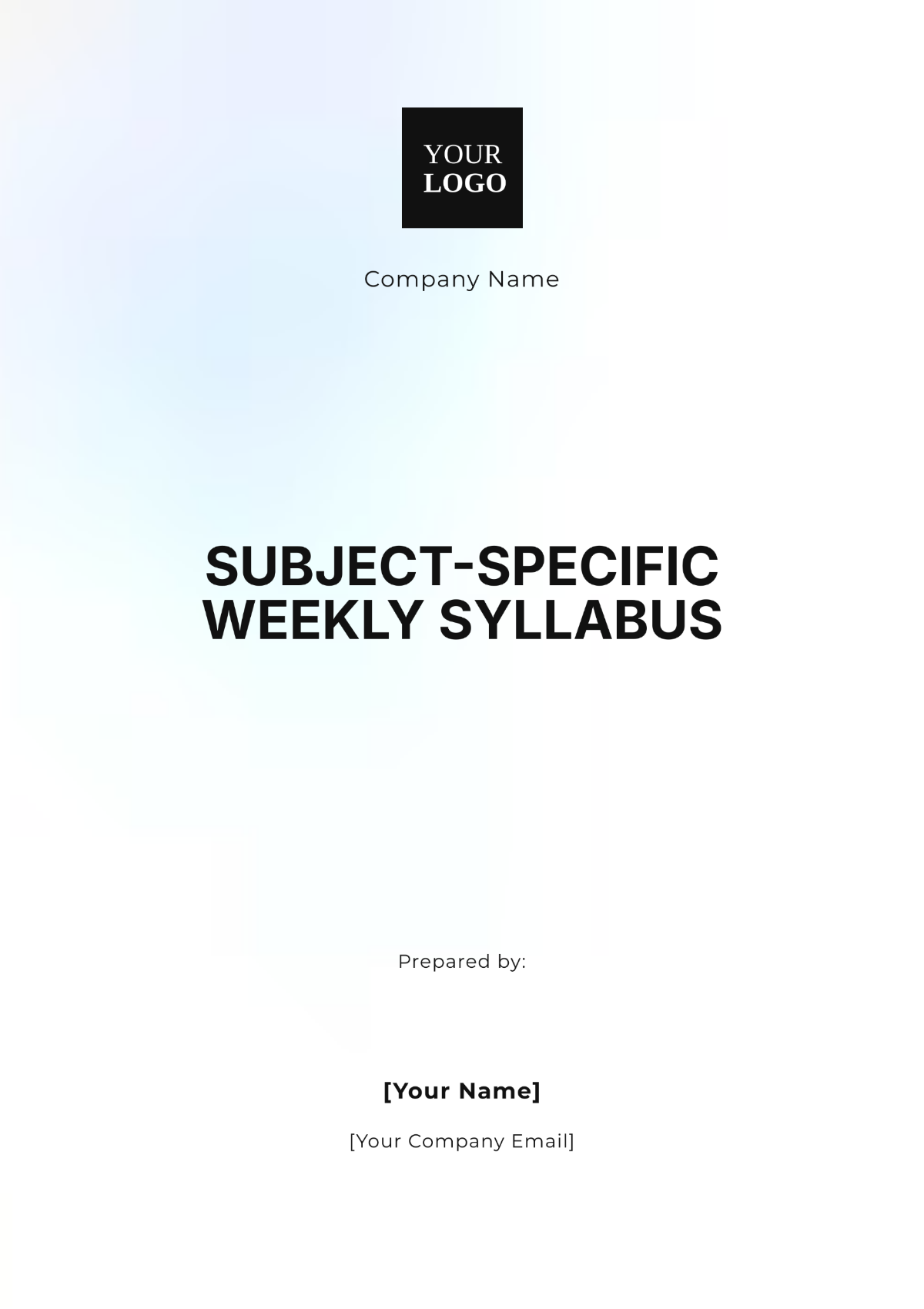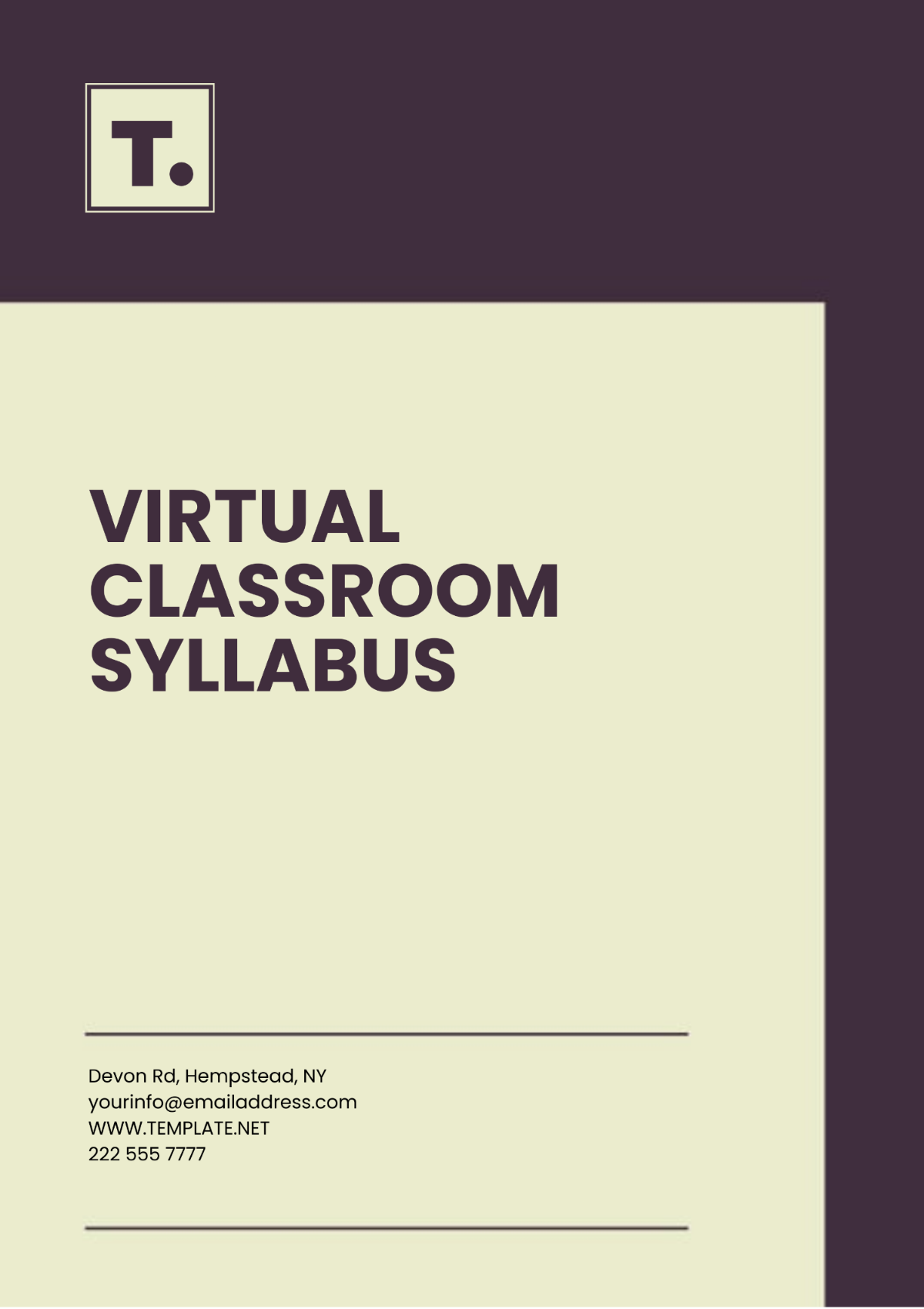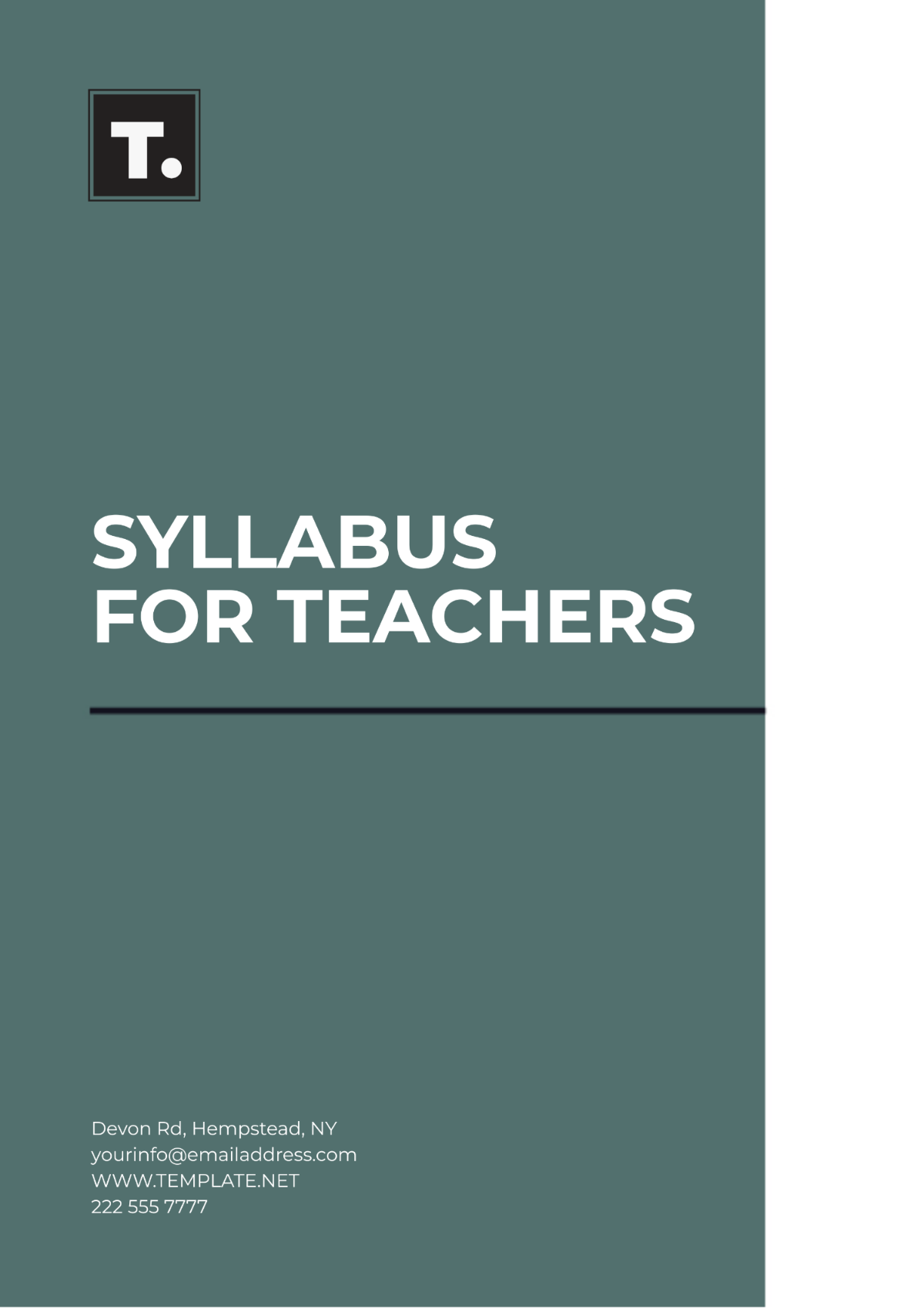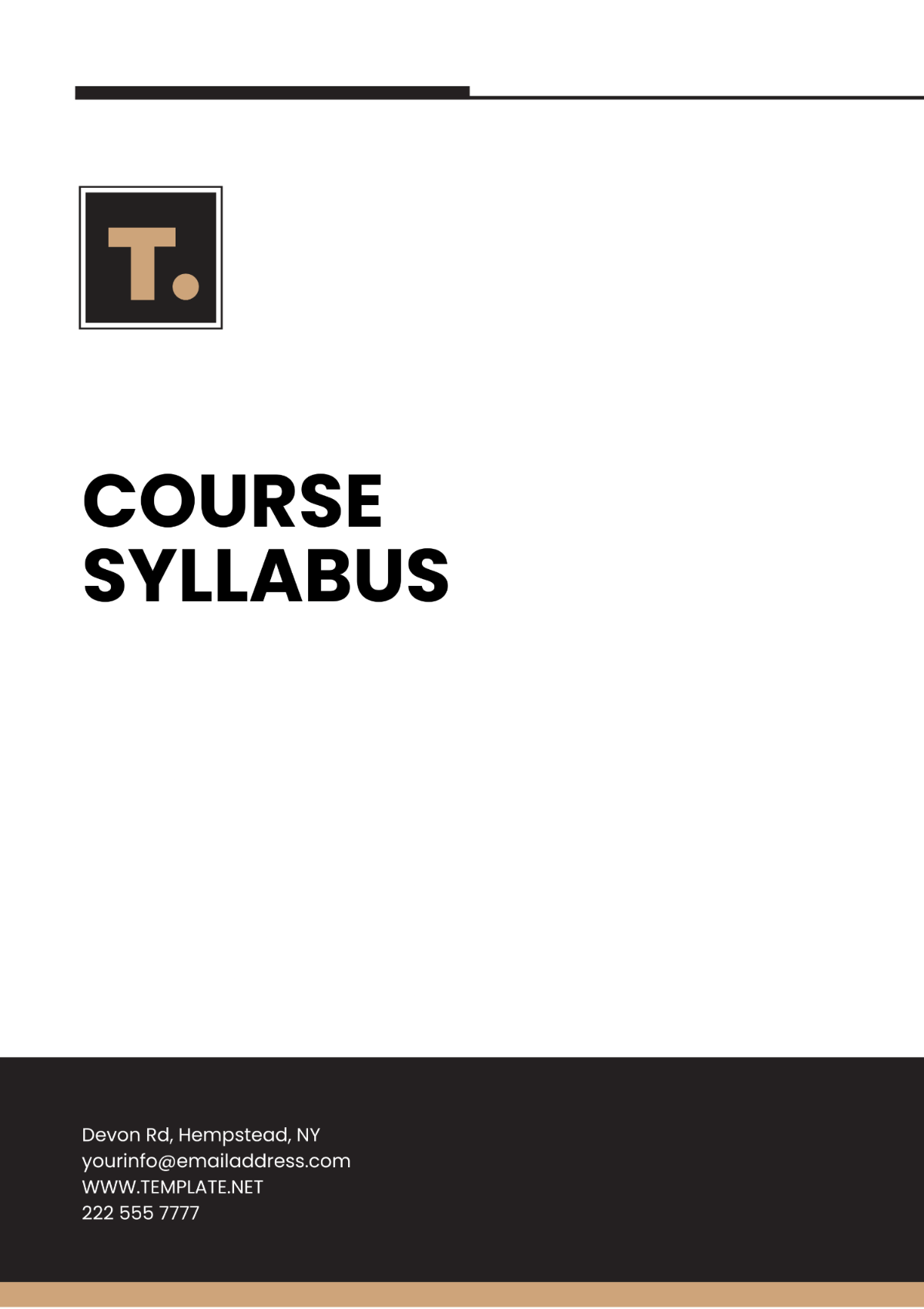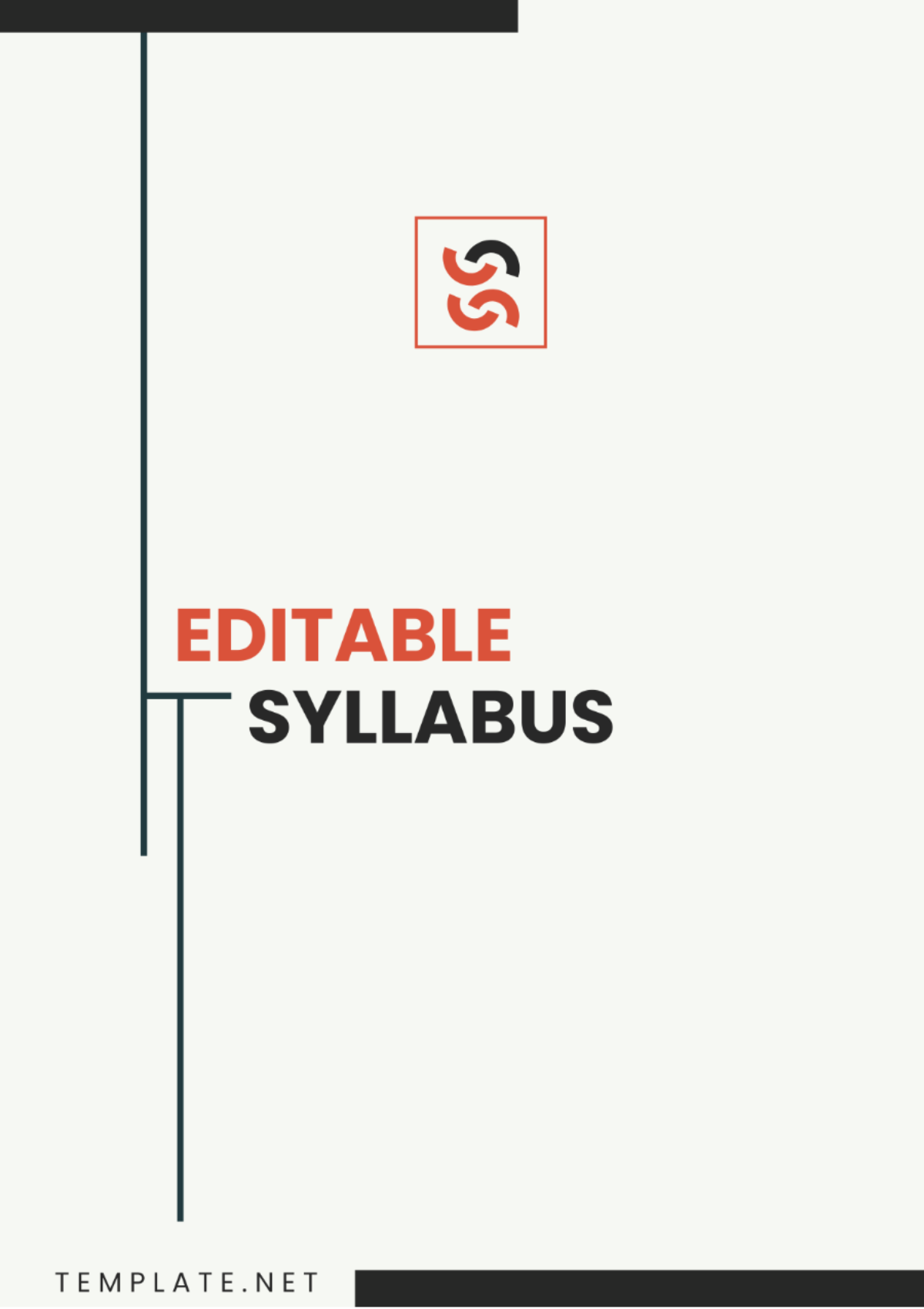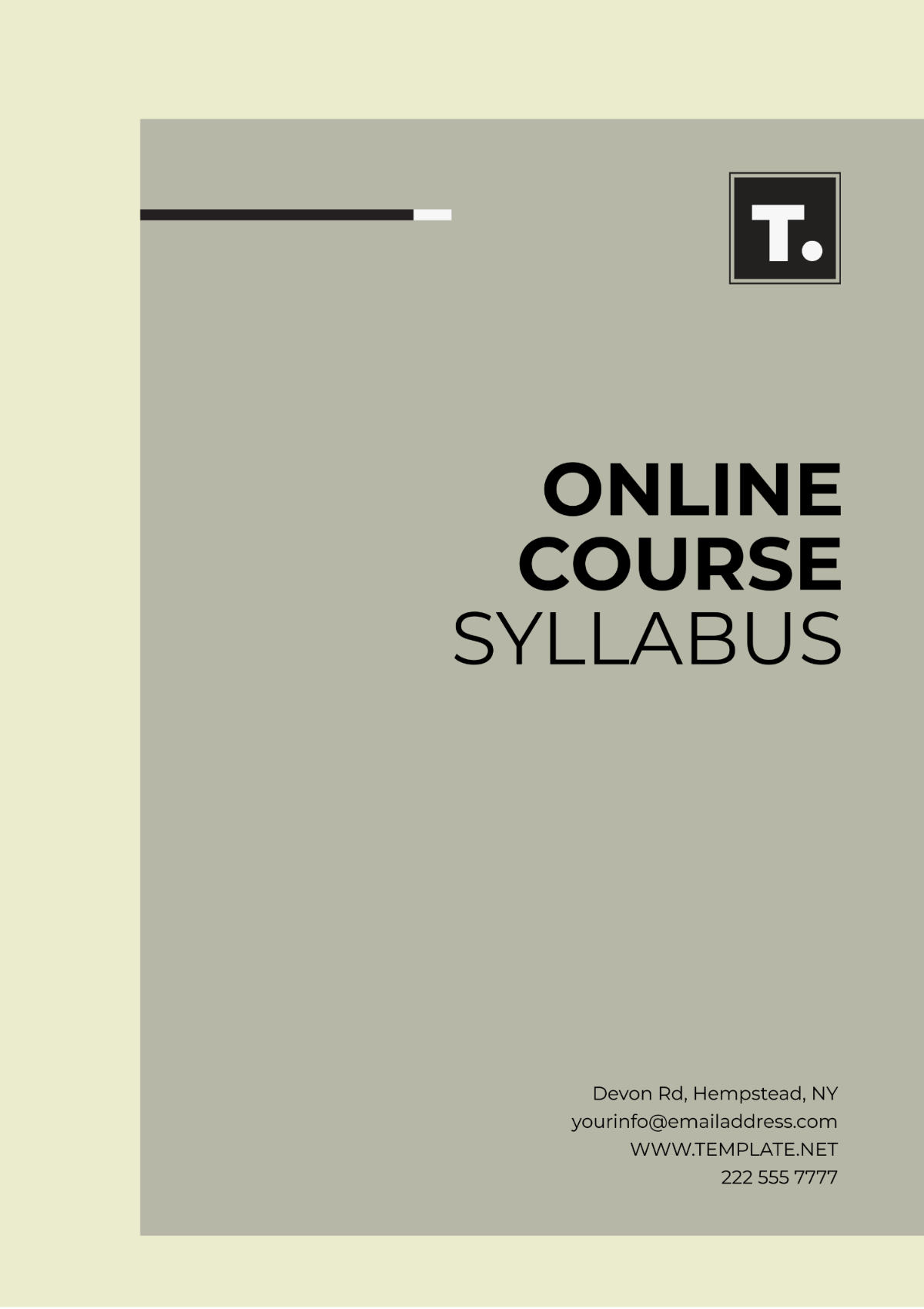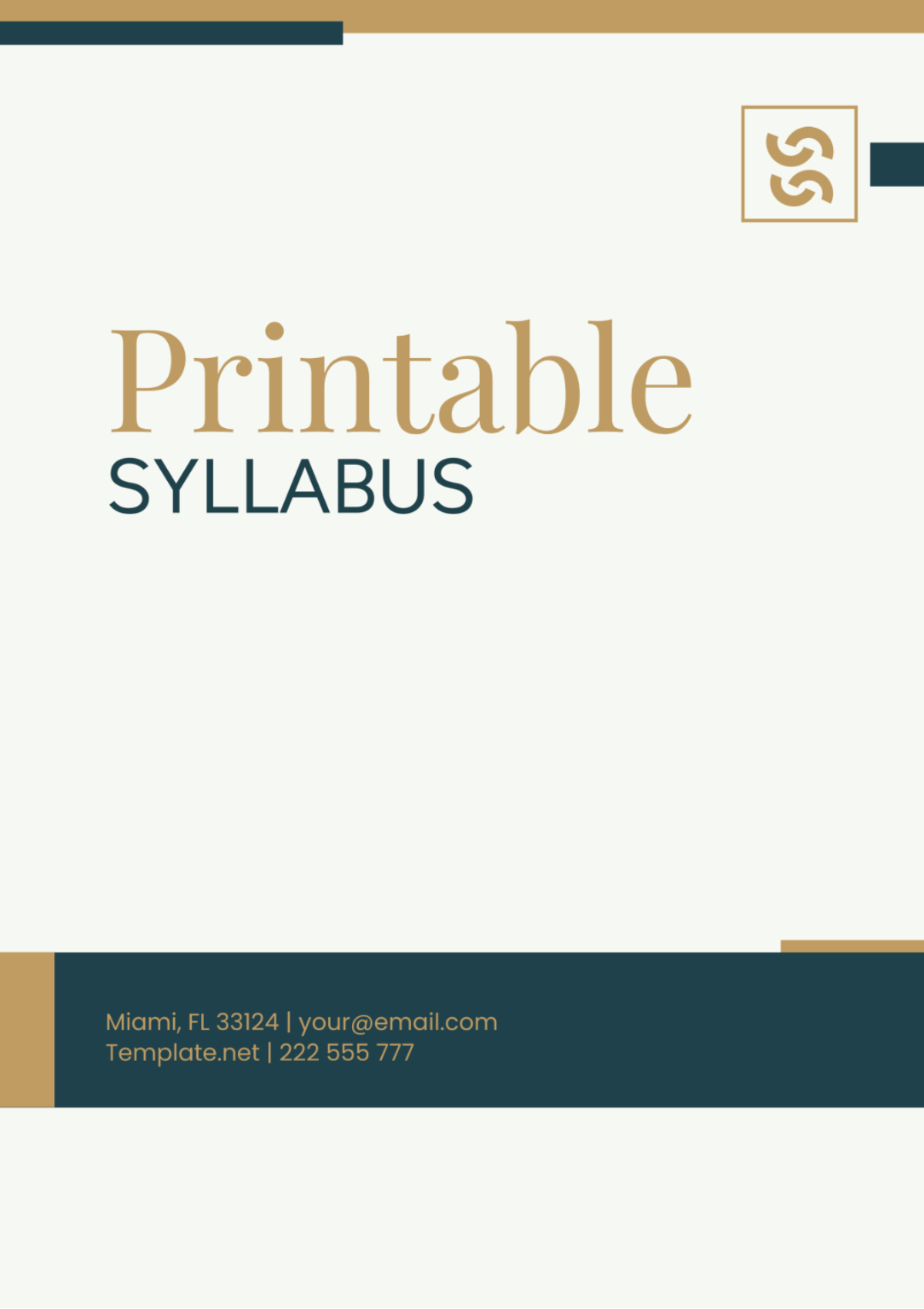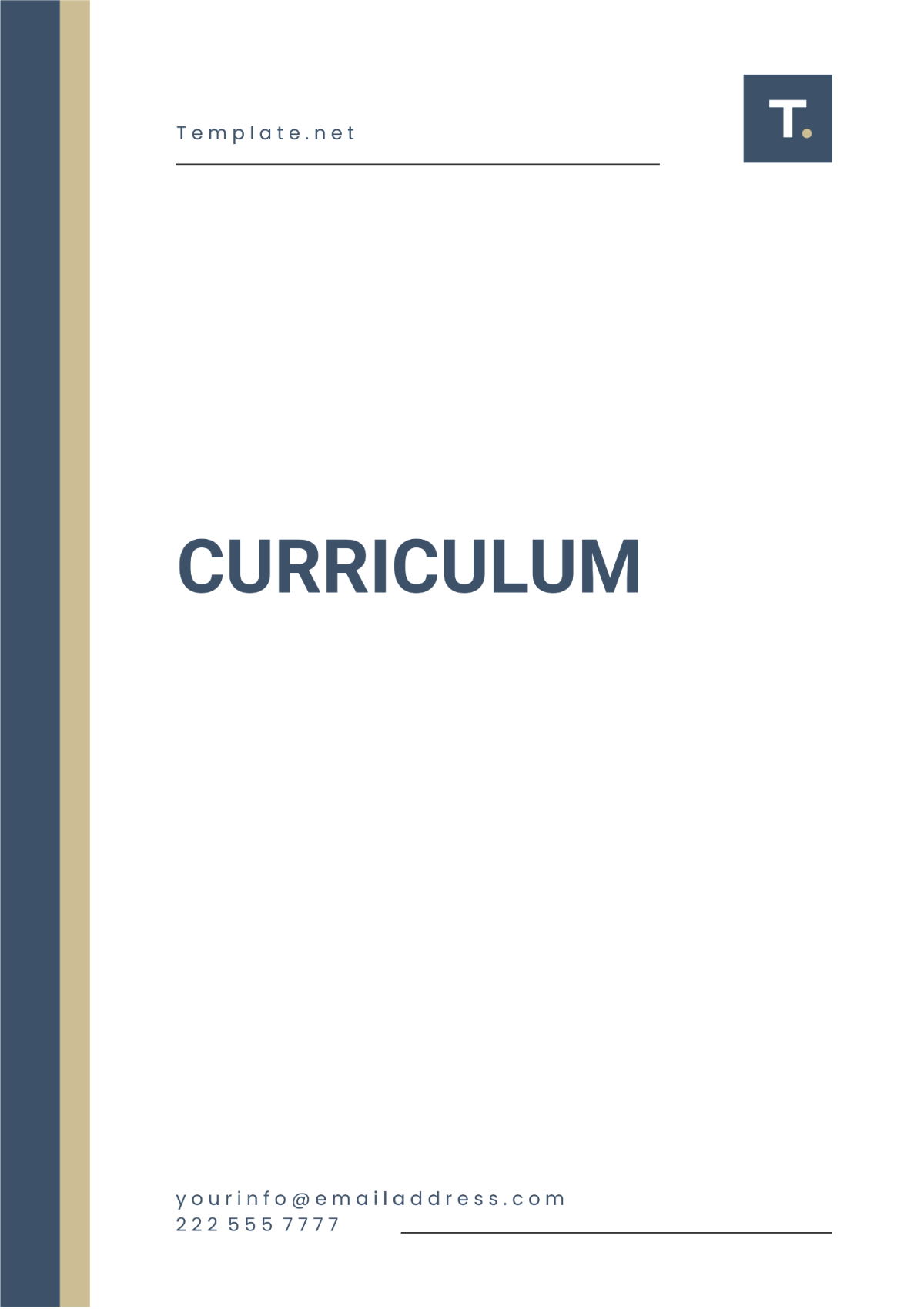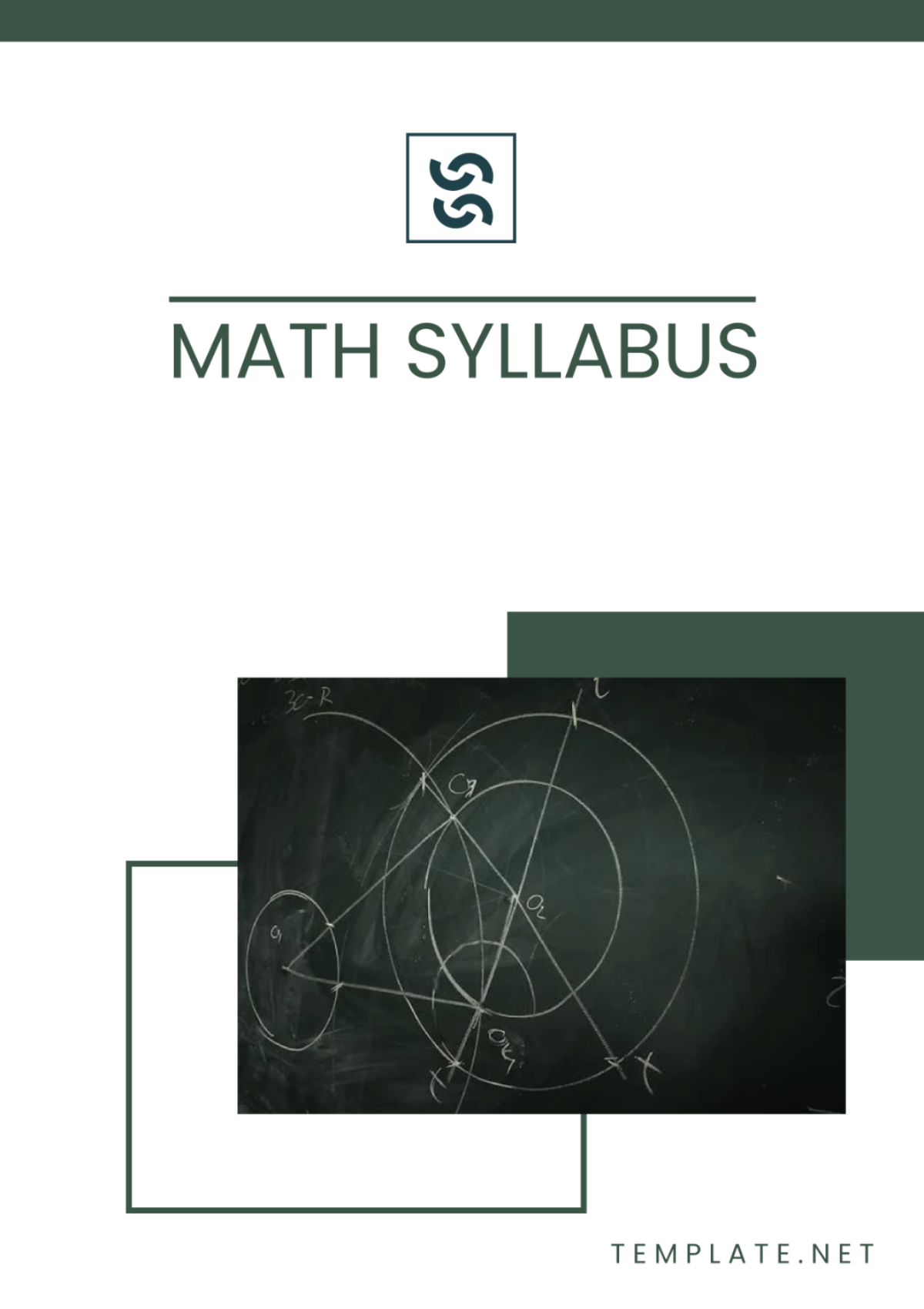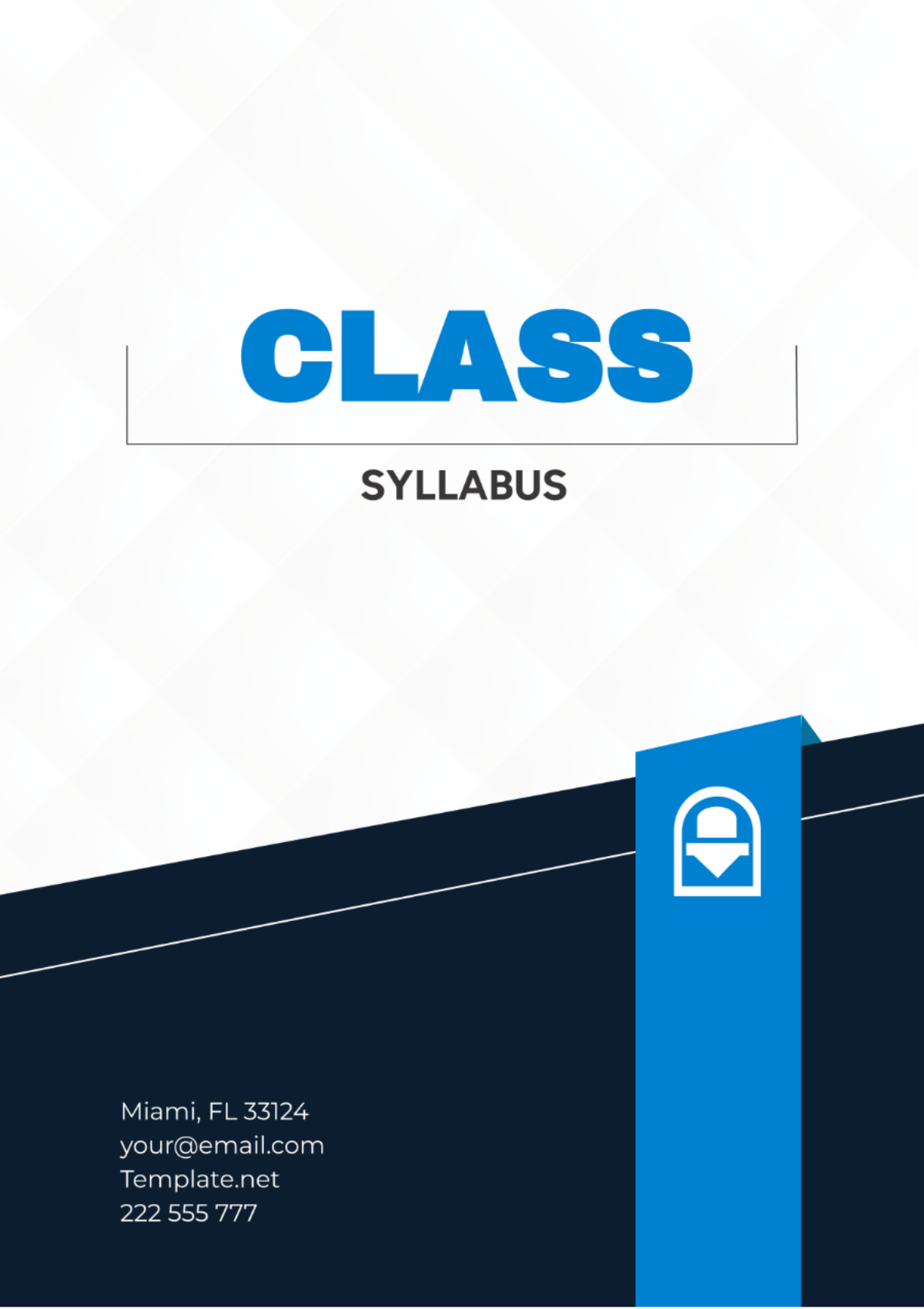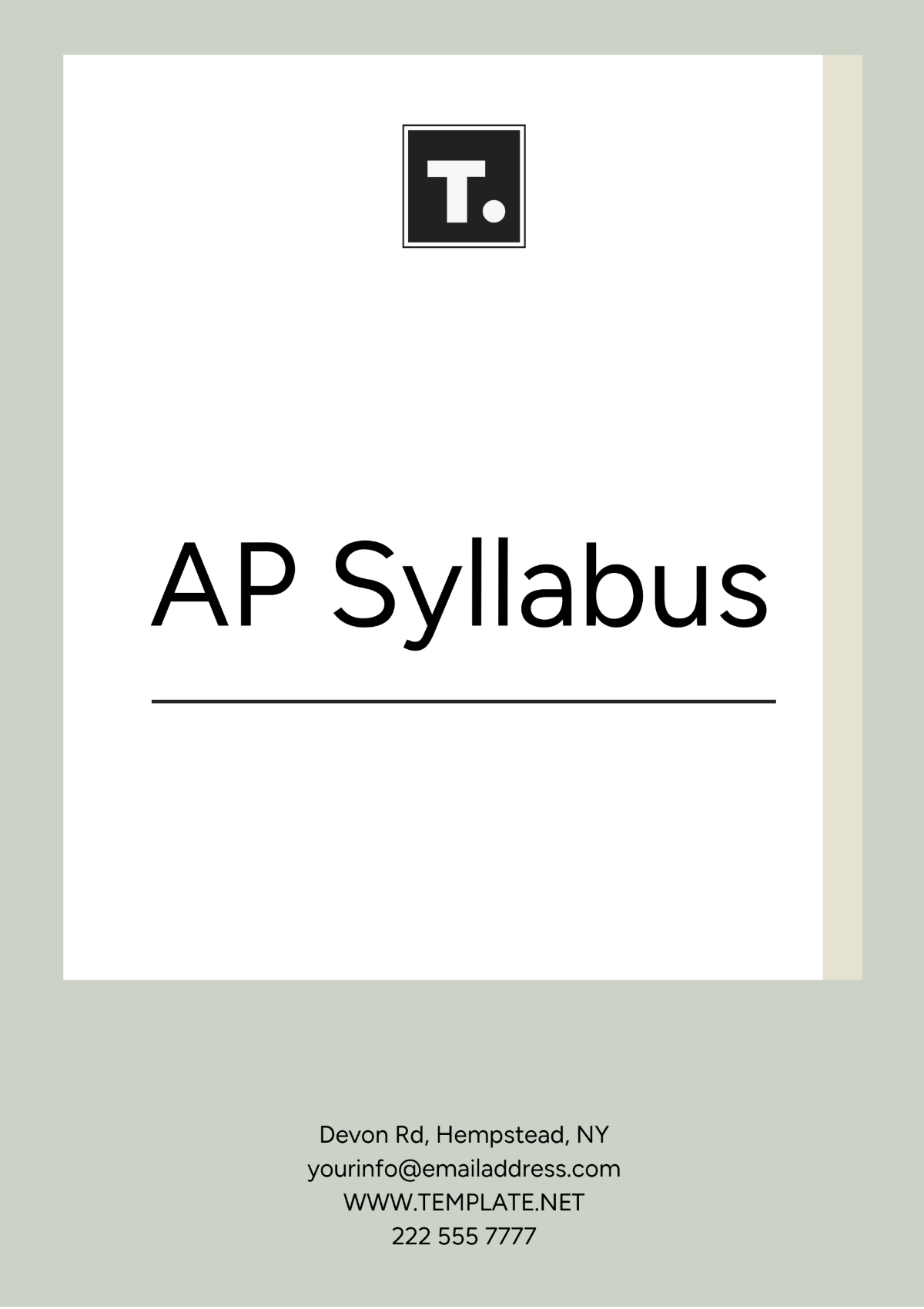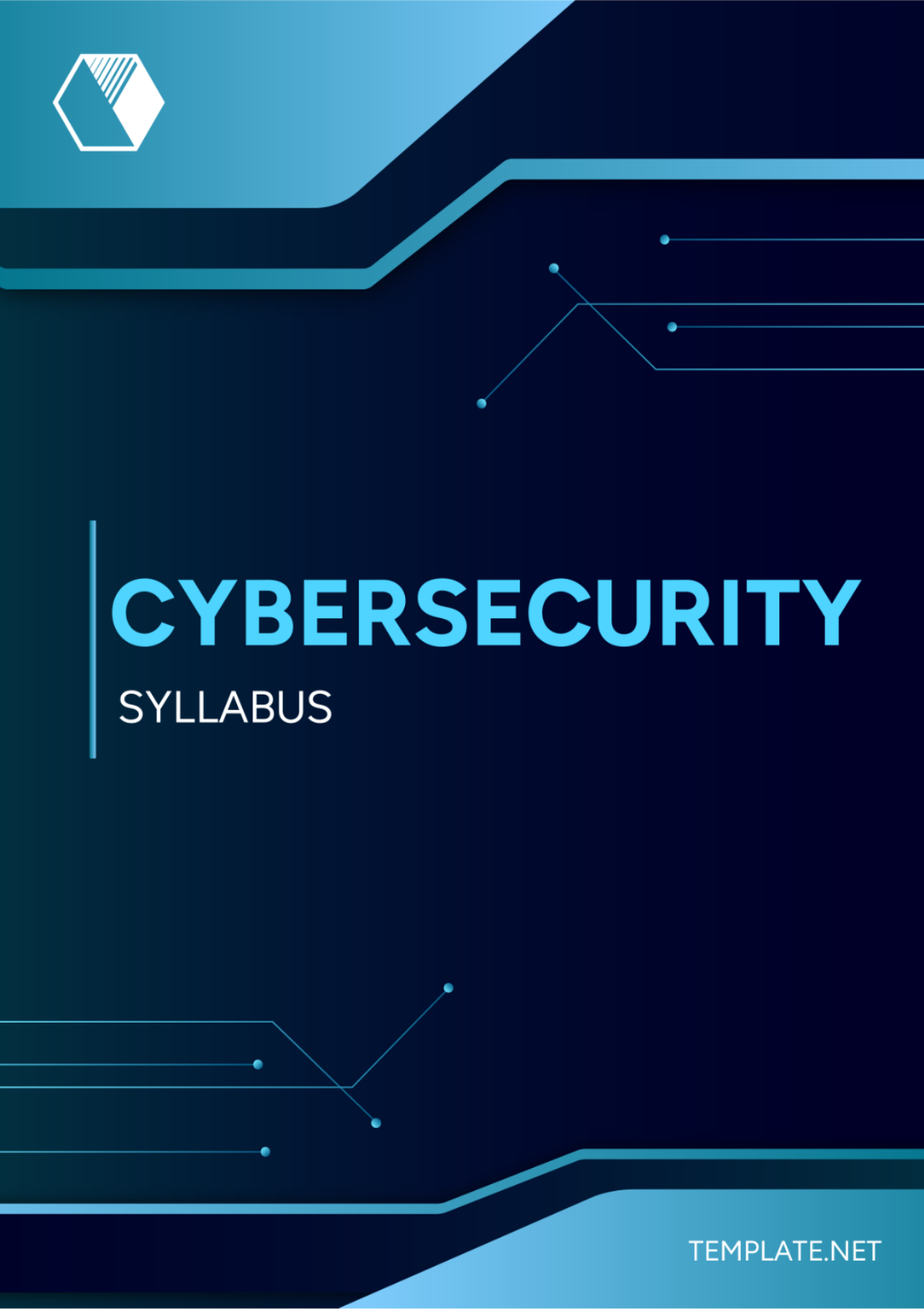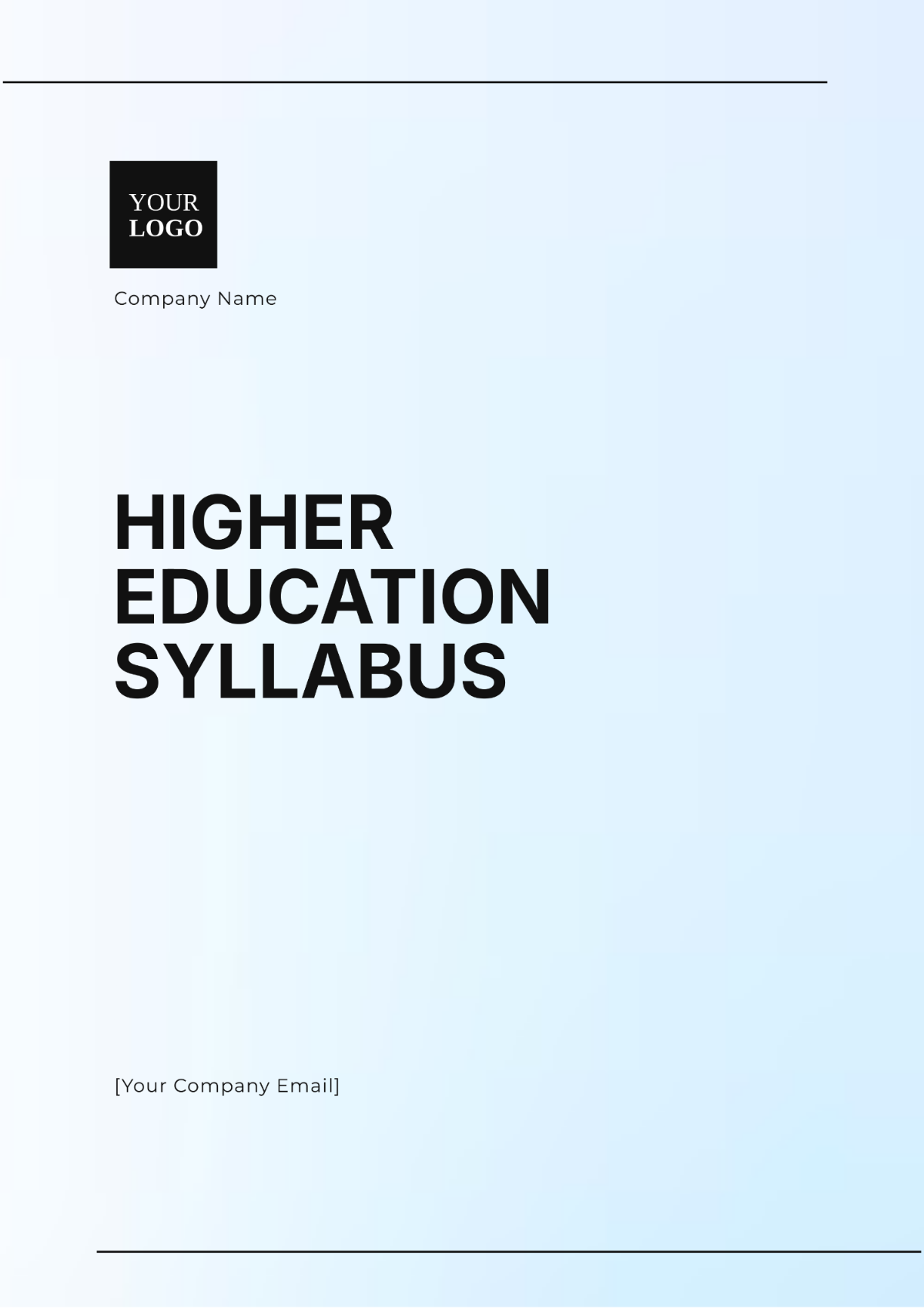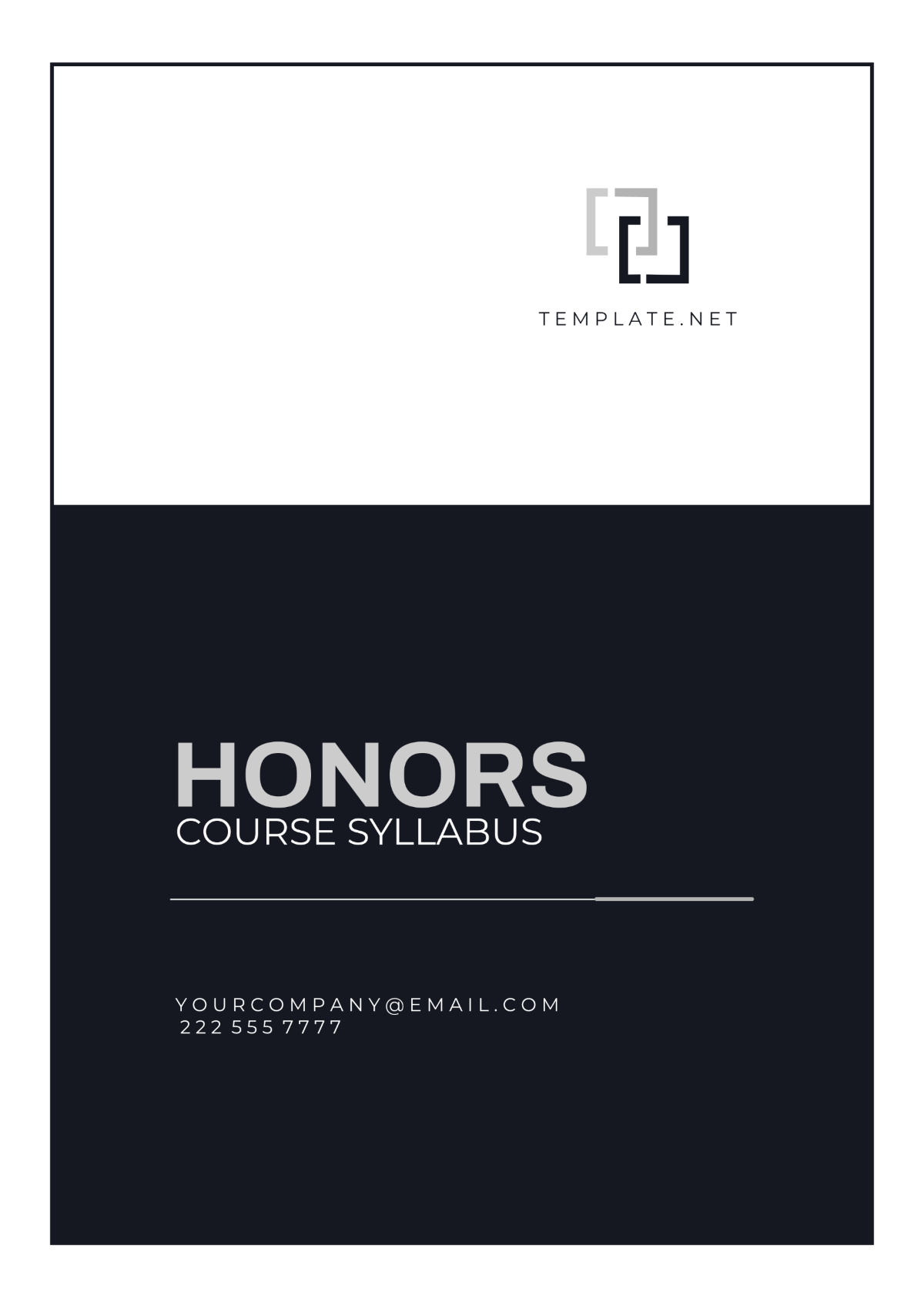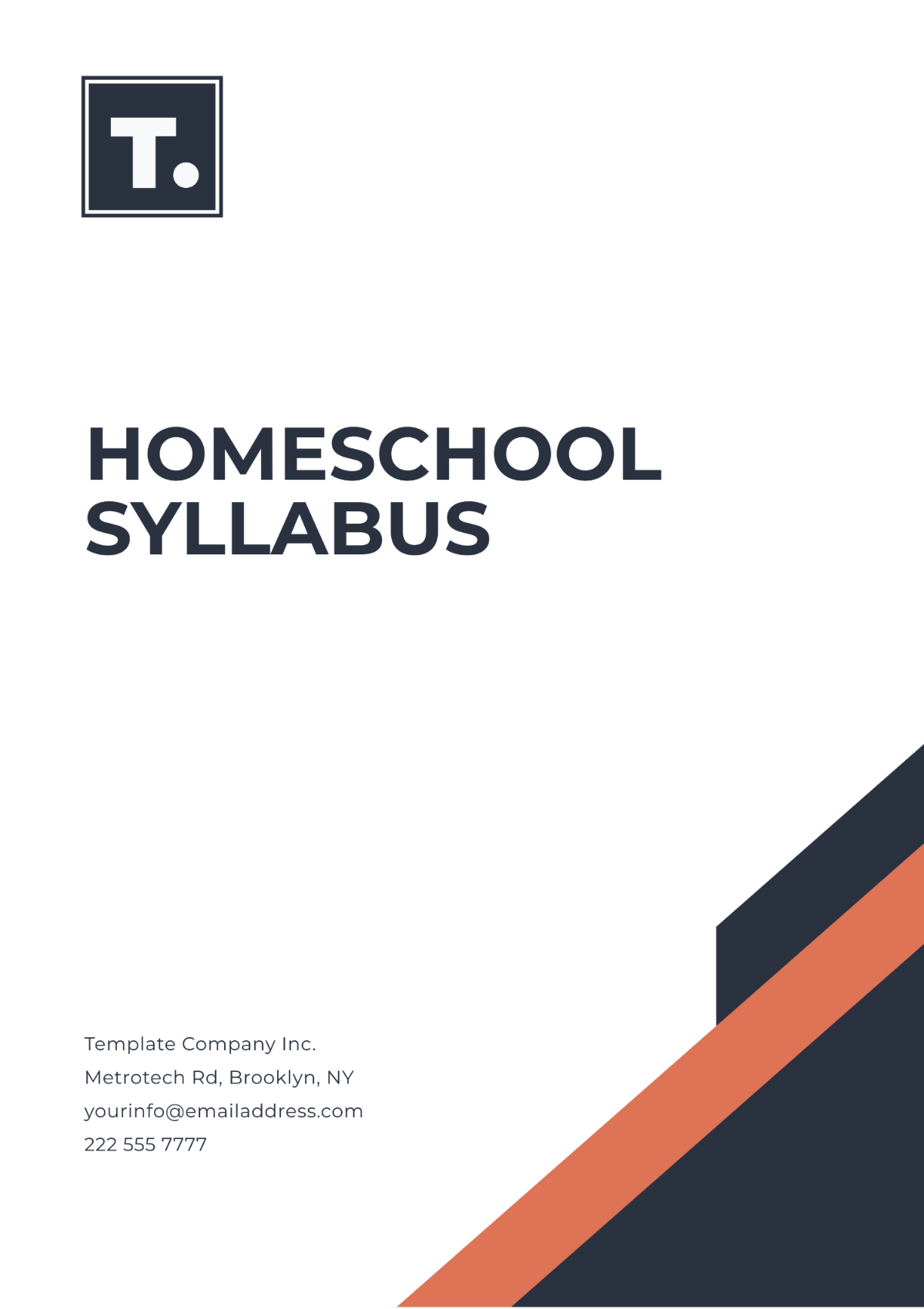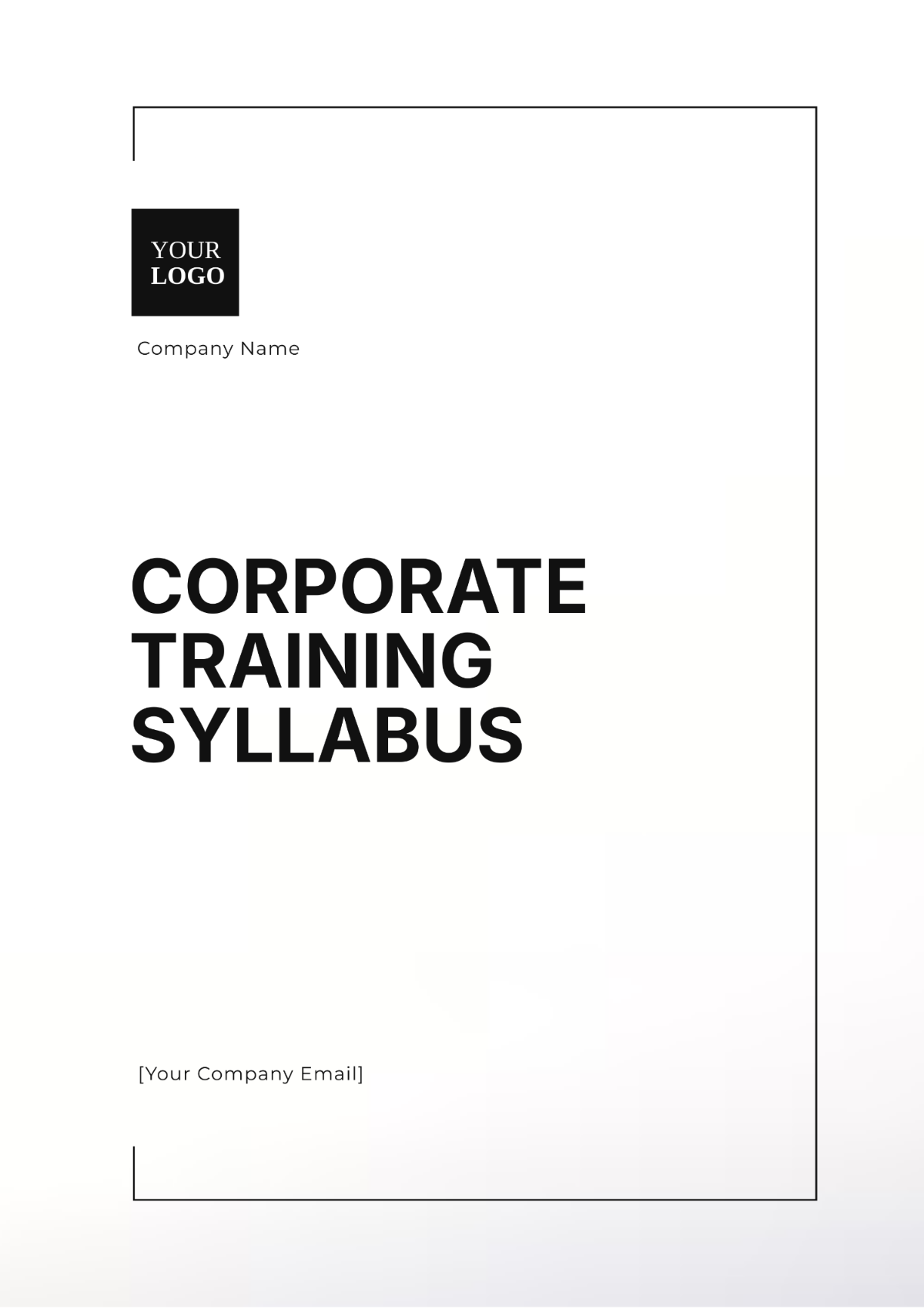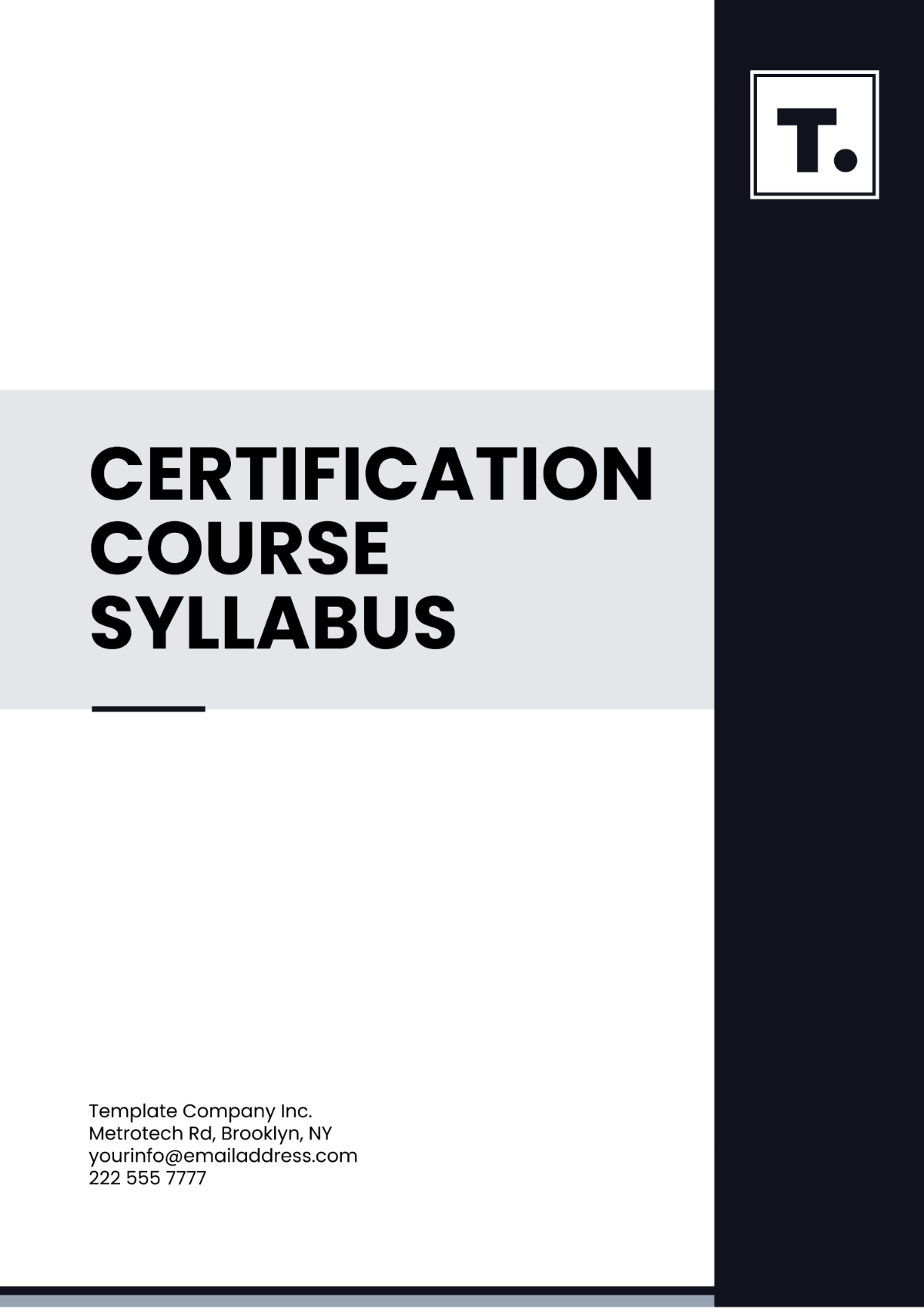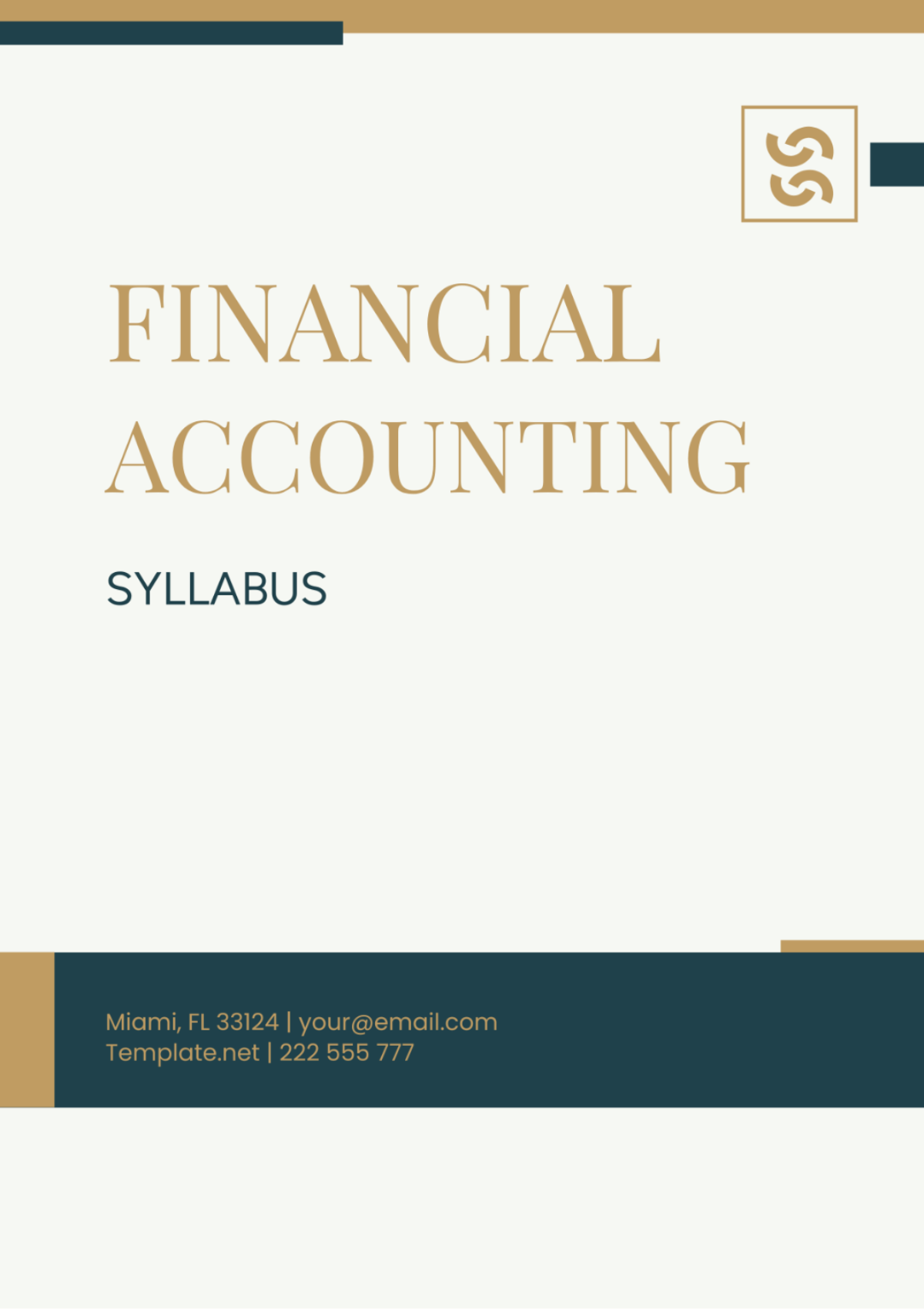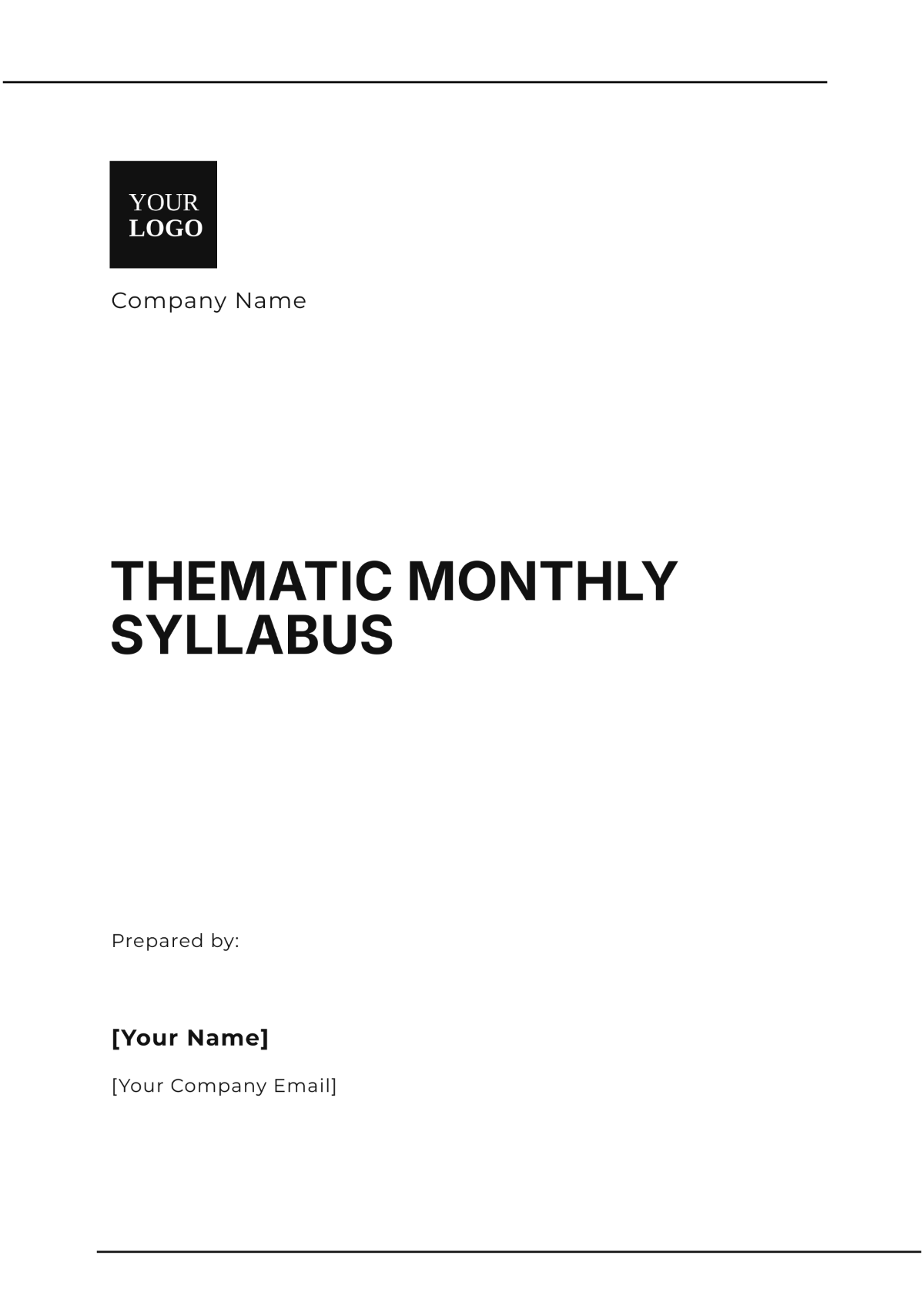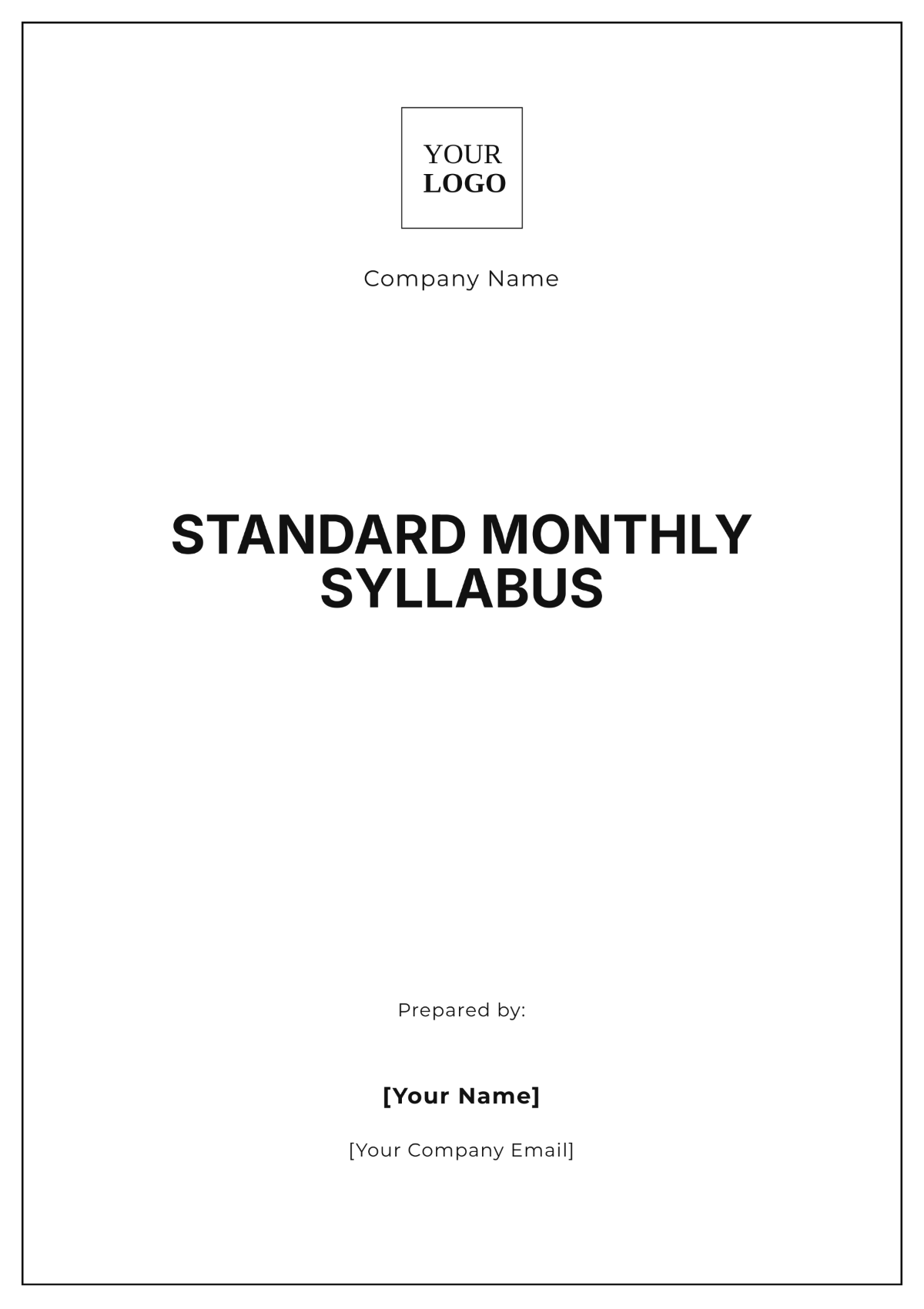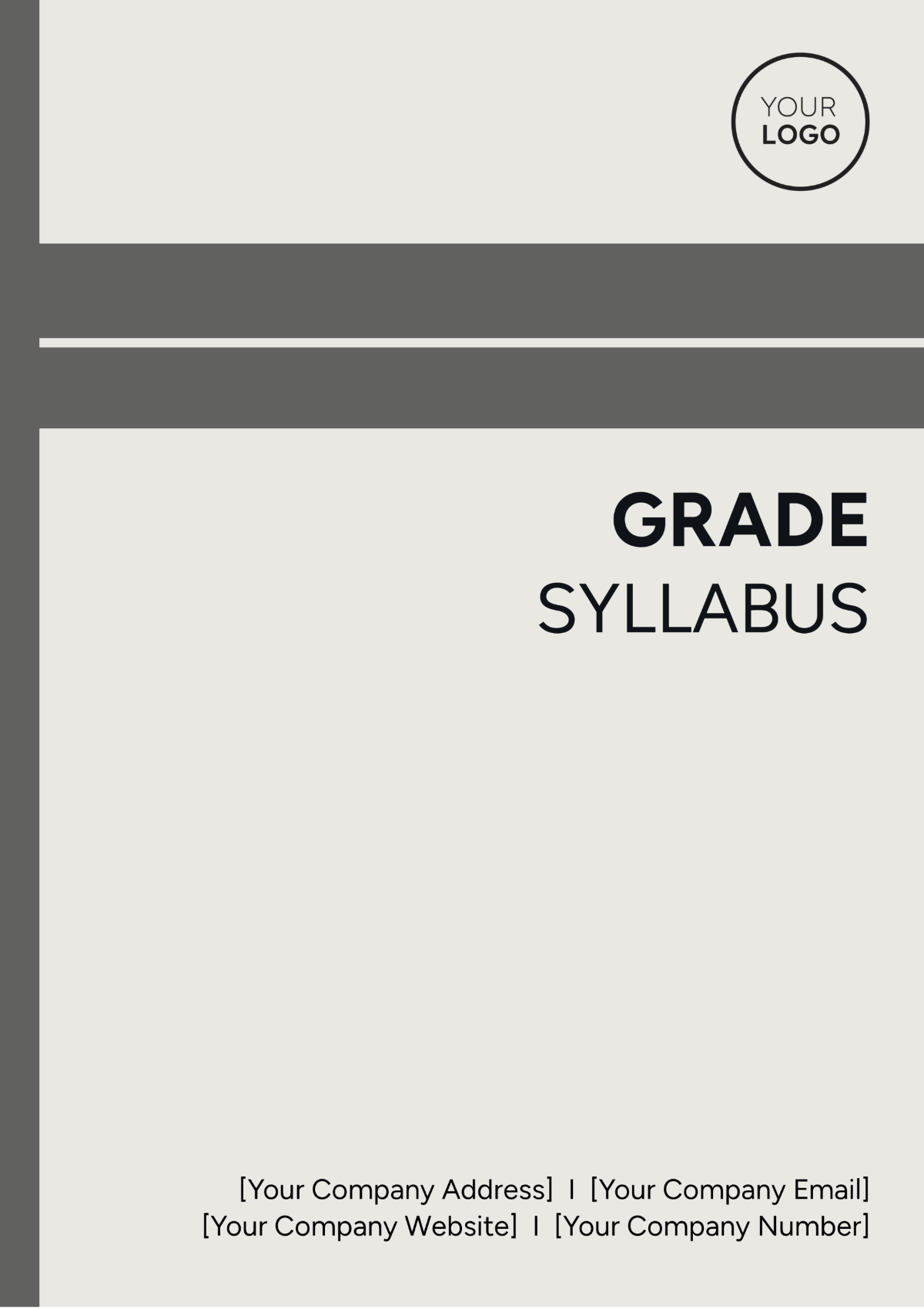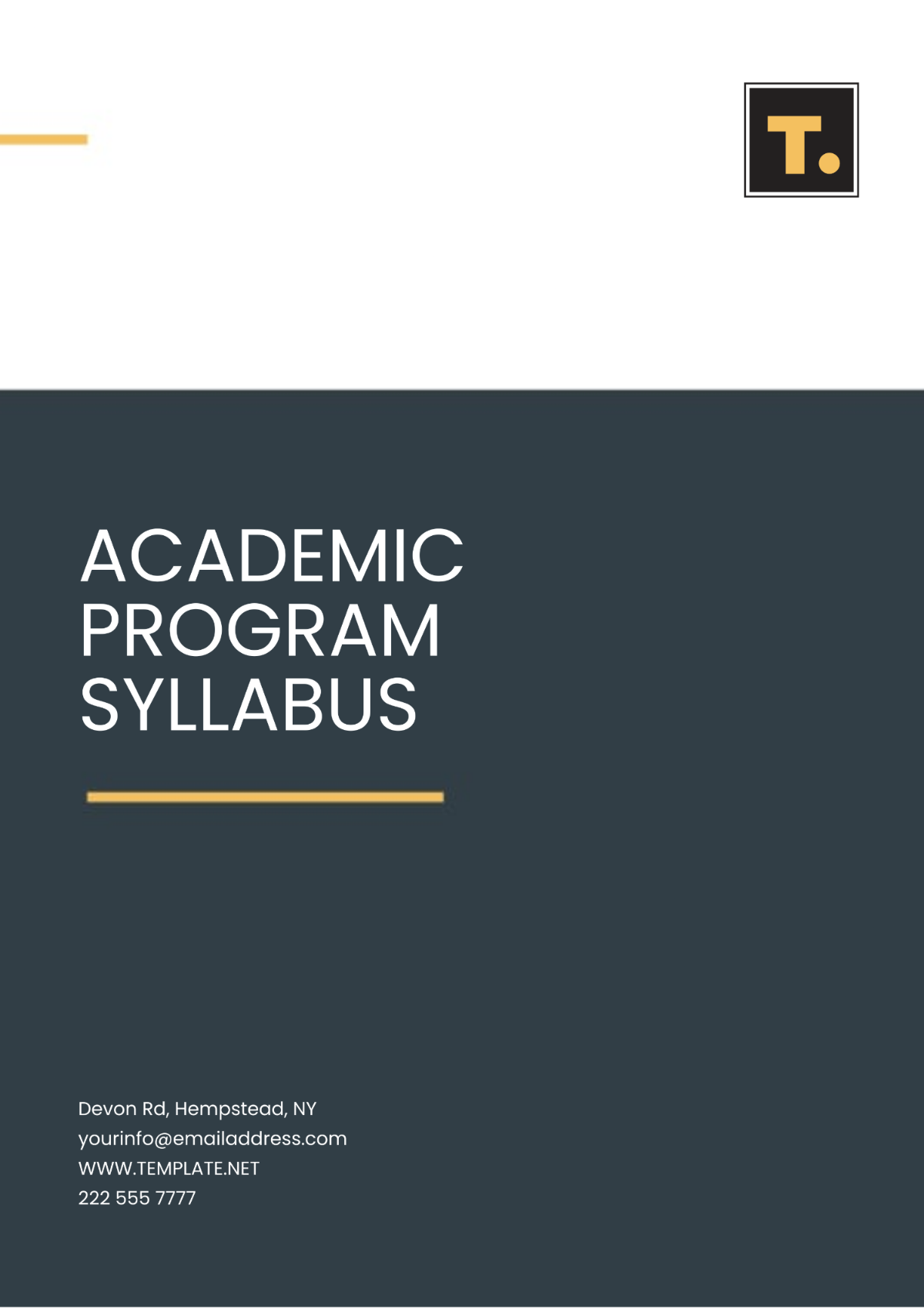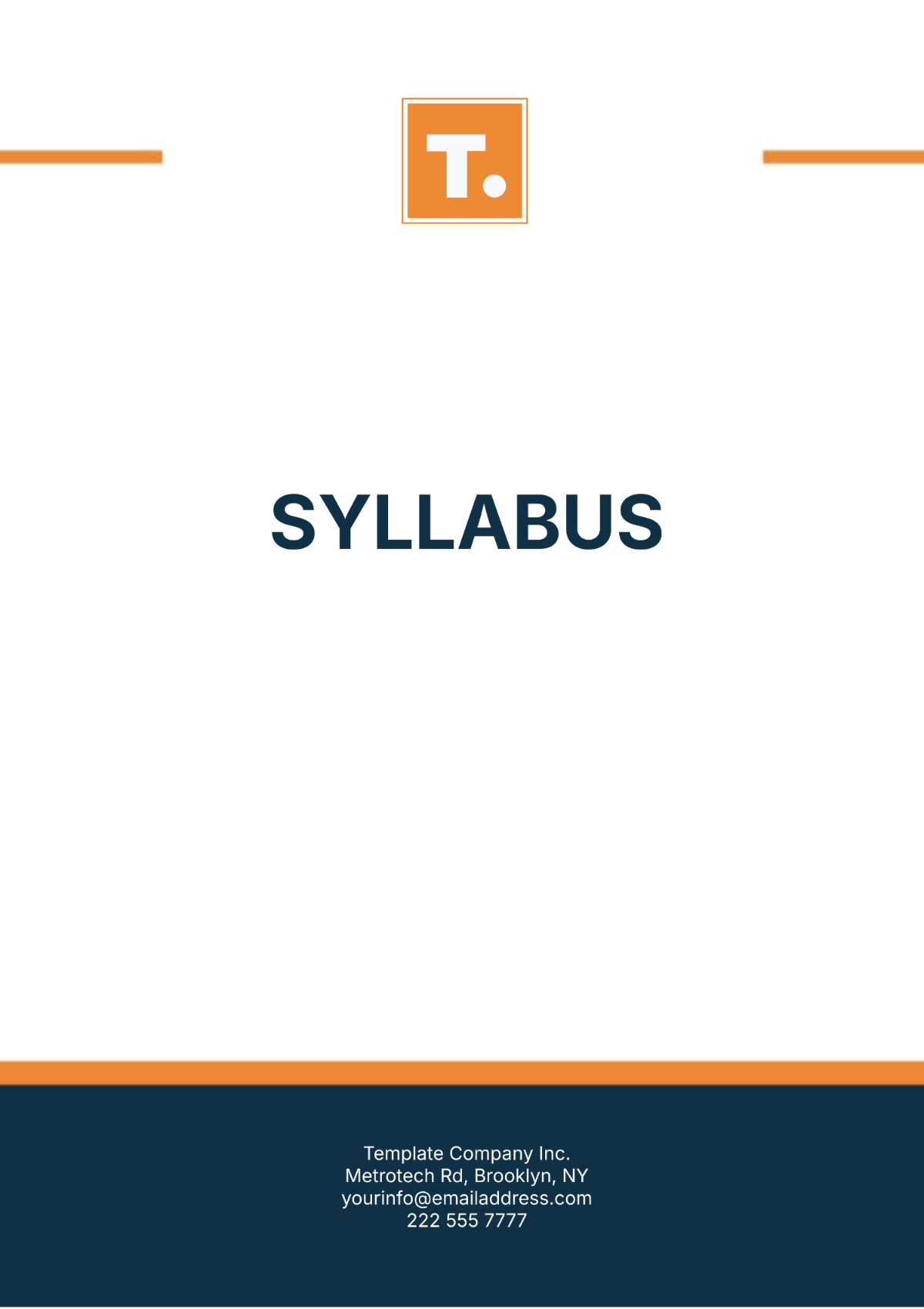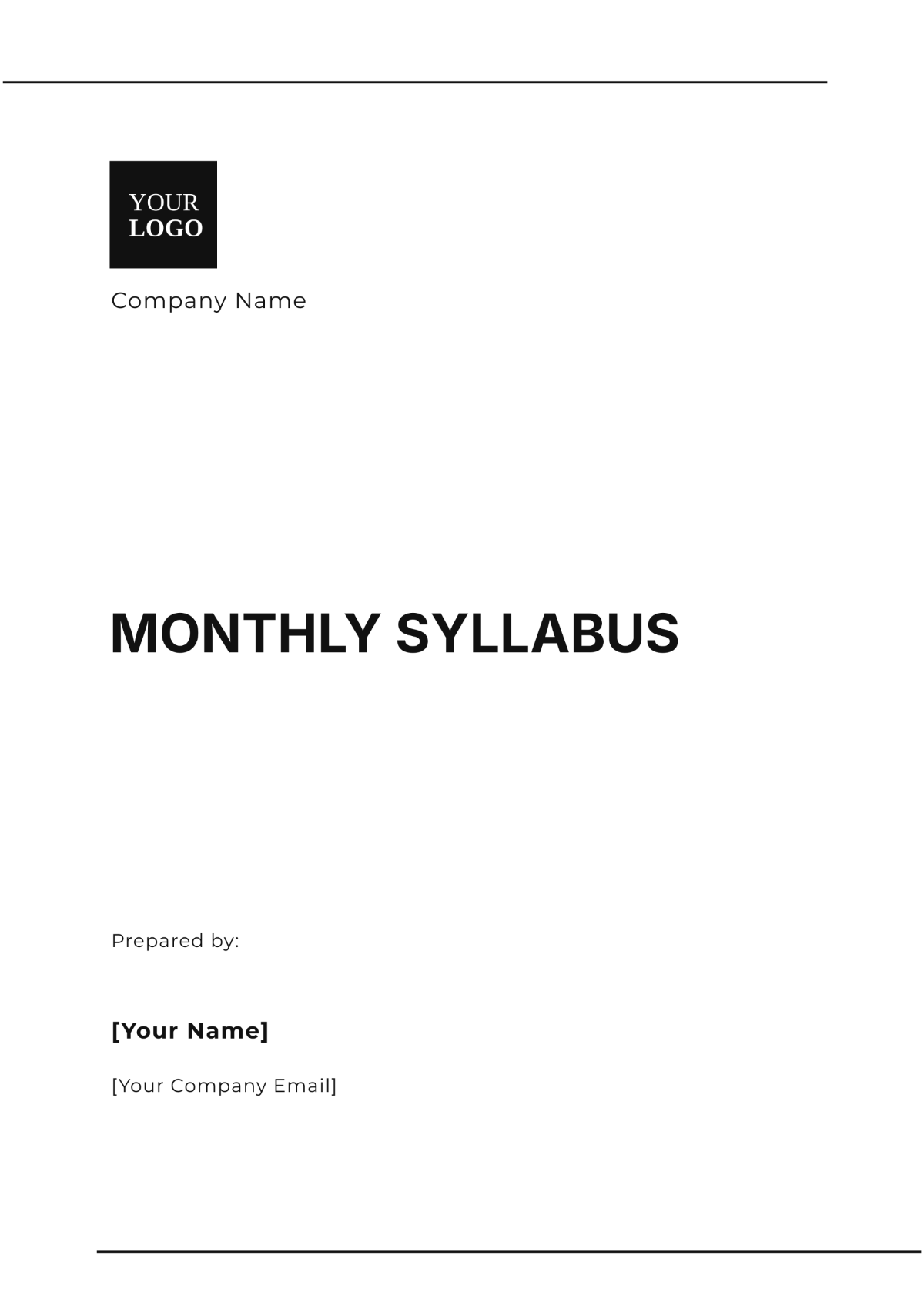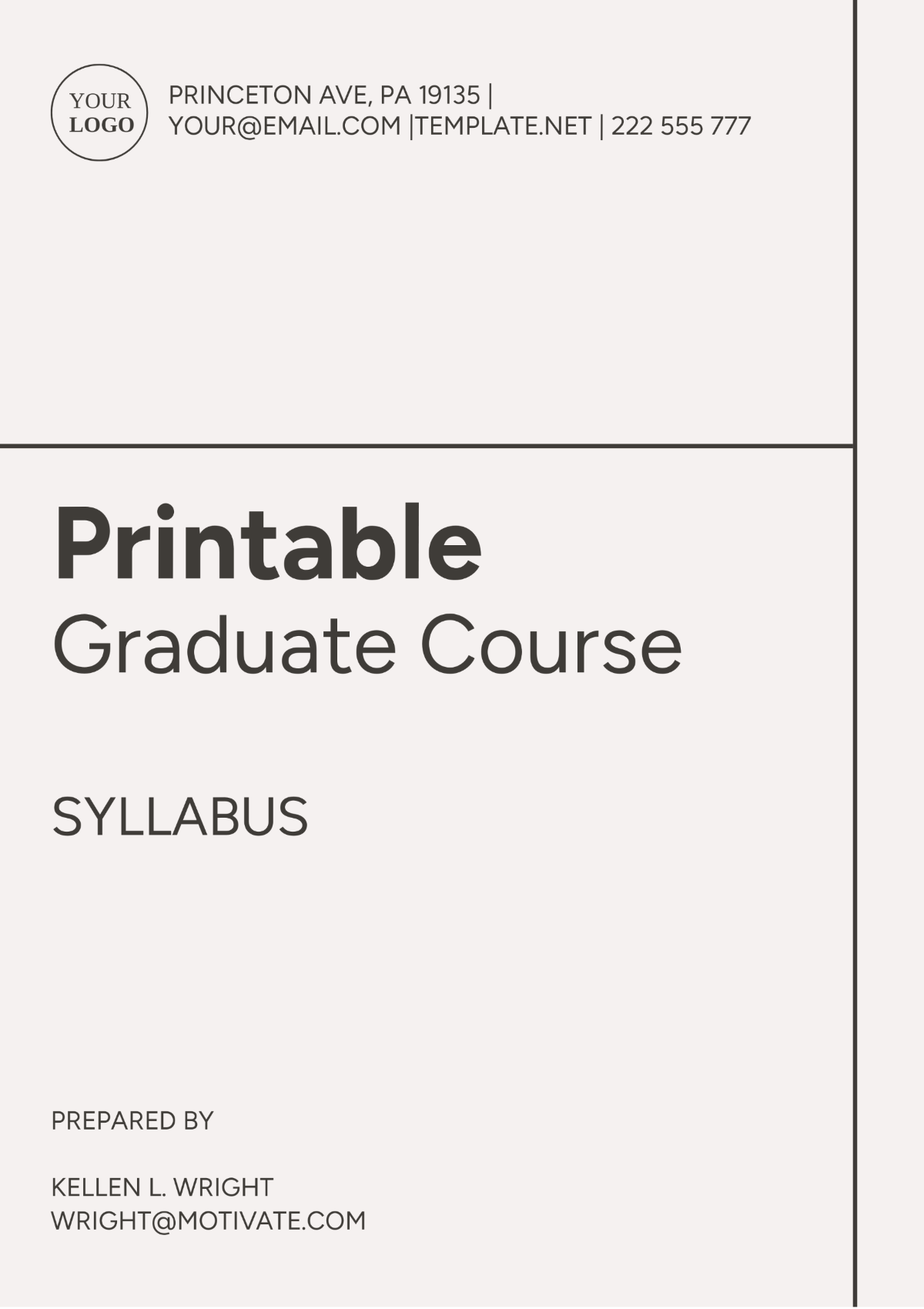Inclusive Syllabus
Inclusive Course
Course Title | [COURSE TITLE] |
Course Code | [COURSE CODE] |
Instructor Name | [YOUR NAME] |
[YOUR EMAIL] | |
Office Hours | [OFFICE HOURS] |
Class Location | [CLASS LOCATION] |
Class Time | [CLASS TIME] |
Class Duration | [DATE] - [DATE] |
I. Course Description
This course delves into the fascinating world of cognitive psychology, a branch of psychology that examines internal mental processes such as problem-solving, memory, and language. It focuses on how people perceive, think, remember, and learn. We will explore scientific approaches to understanding thinking, information processing, and cognitive abilities.
II. Instructor Information
Name: [YOUR NAME]
Email: [YOUR EMAIL]
Office Hours: [OFFICE HOURS]
Organization: [YOUR COMPANY NAME]
III. Learning Objectives
Understand the history and theoretical models of cognitive psychology.
Analyse the nature of human cognition including perception, memory, and language.
Evaluate empirical studies on cognitive psychology.
Discuss real-world applications of cognitive psychology principles.
Formulate a cogent scientific argument utilizing empirical data.
IV. Course Schedule
Week | Topic | Reading Assignment |
|---|---|---|
1 | Introduction to Cognition |
|
2 | Perception |
|
3 | Attention |
|
4 | Memory |
|
5 | Language and Thought |
|
V. Required Reading and Materials
Goldstein, E. B. (2015). Cognitive Psychology: Connecting Mind, Research and Everyday Experience.
Sternberg, R. J. (2009). Cognitive Psychology.
Peer-reviewed journal articles (to be specified in detailed course schedule)
Access to an Internet-enabled device for digital resources and activities
A notebook for class notes and reflection entries
VI. Assignments and Assessments
Weekly Reading & Reflection Entries
Quizzes (for each major topic)
Midterm Paper
Group Research Project
Final Exam
VII. Course Policy
All assignments must be submitted on time. Late submissions will face a 10% point reduction per day.
Academic misconduct such as plagiarism and cheating will result in severe academic penalties.
Respect for classmates and the instructor is mandatory. Disruptive behaviour will not be tolerated.
Ensure to follow all university and class policies regarding use of personal technology.
Any requests for accommodation of specific needs must be addressed to the instructor at the earliest.
VIII. Grading Policy
Criteria | Percentage |
|---|---|
Quizzes | 25% |
Midterm Paper | 20% |
Group Research Projects | 25% |
Final Exam | 30% |
Total | 100% |
Disclaimer
The instructor reserves and upholds the authority to make amendments or modifications to any component of this syllabus at any given time, irrespective of perceived reason. In the event that there are alterations or changes that are made to the syllabus or the schedule of the course, the instructor will provide a prior notice in advance.

